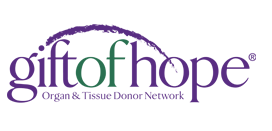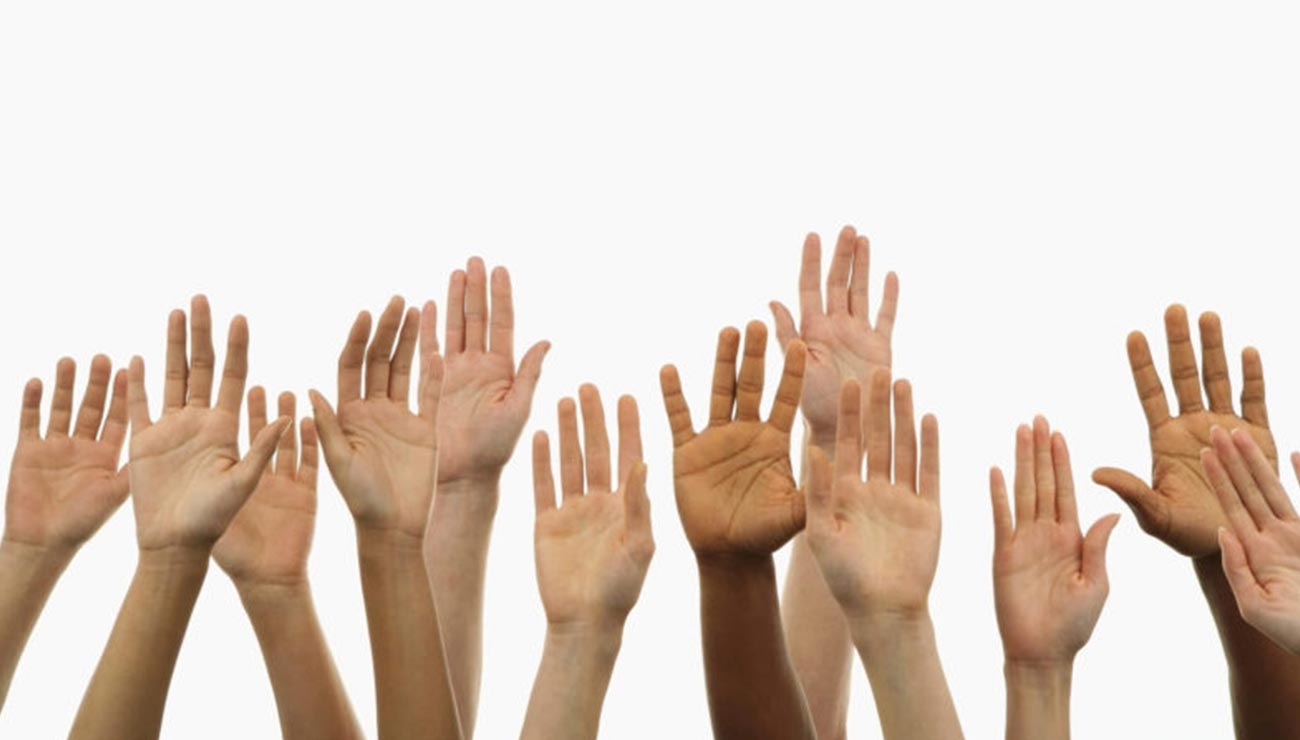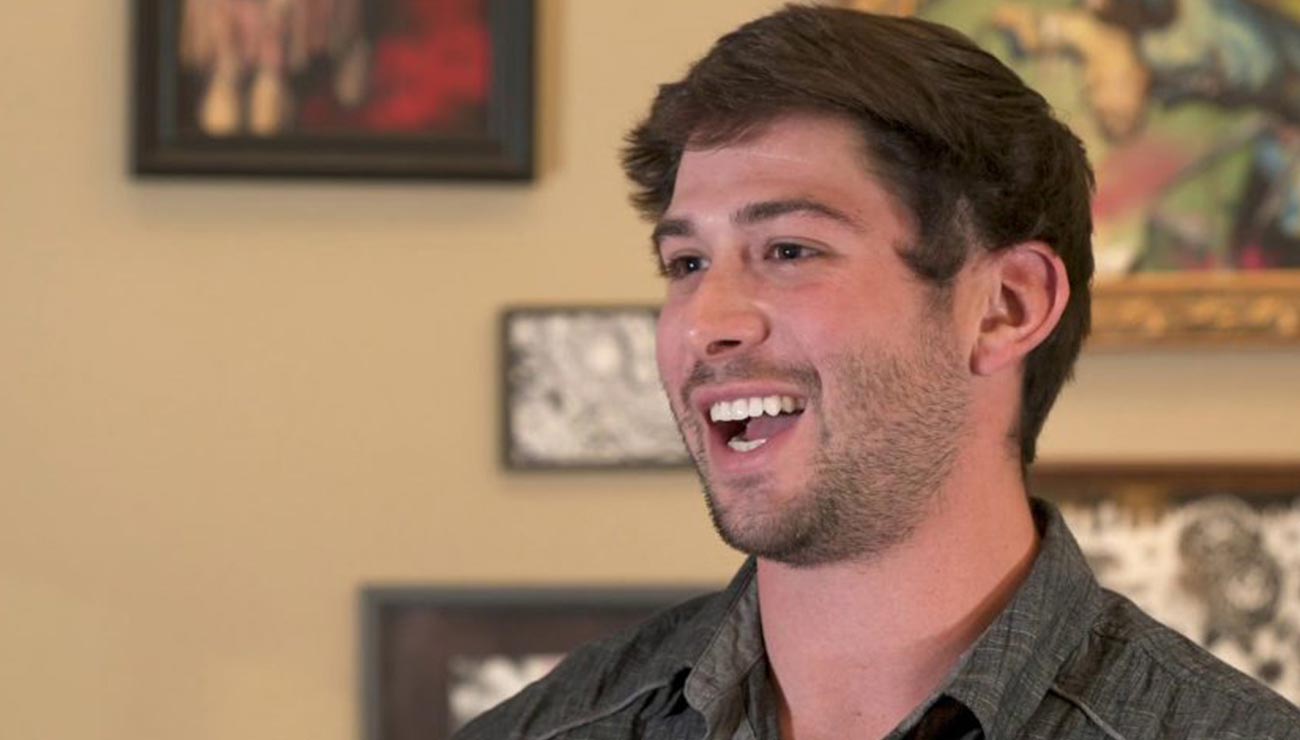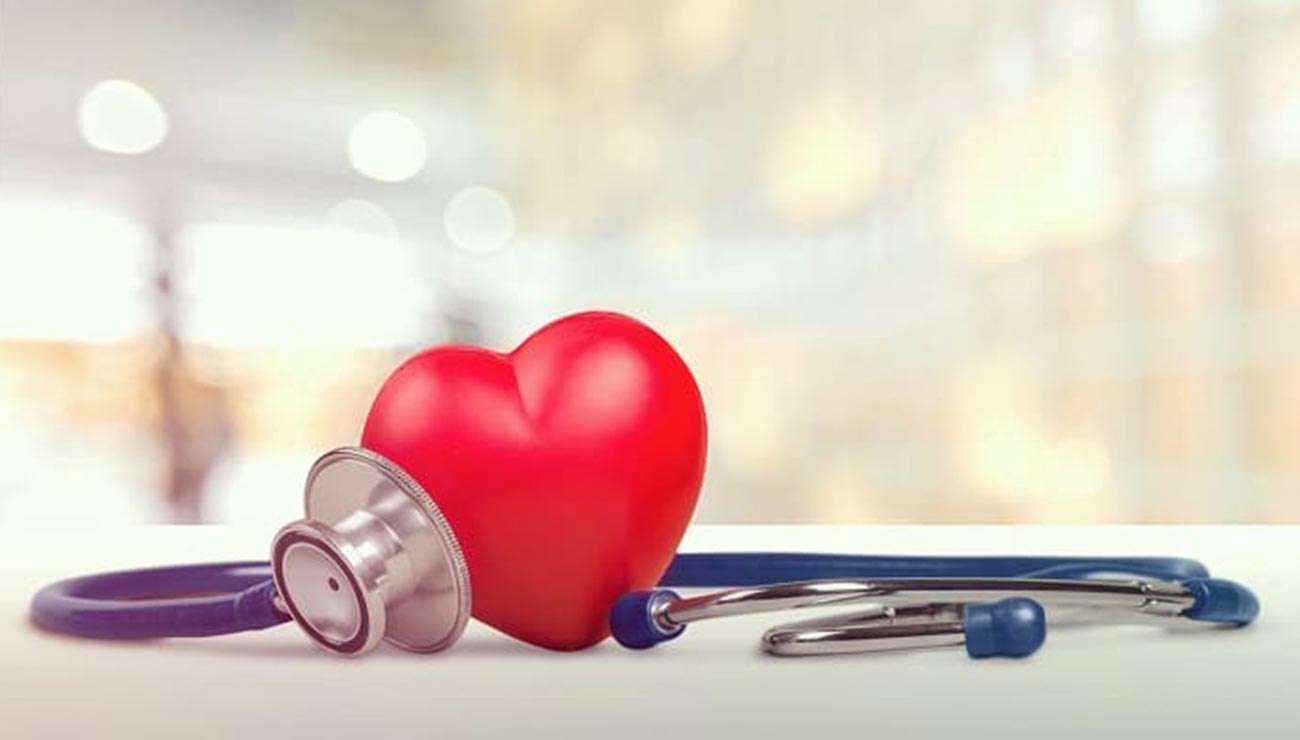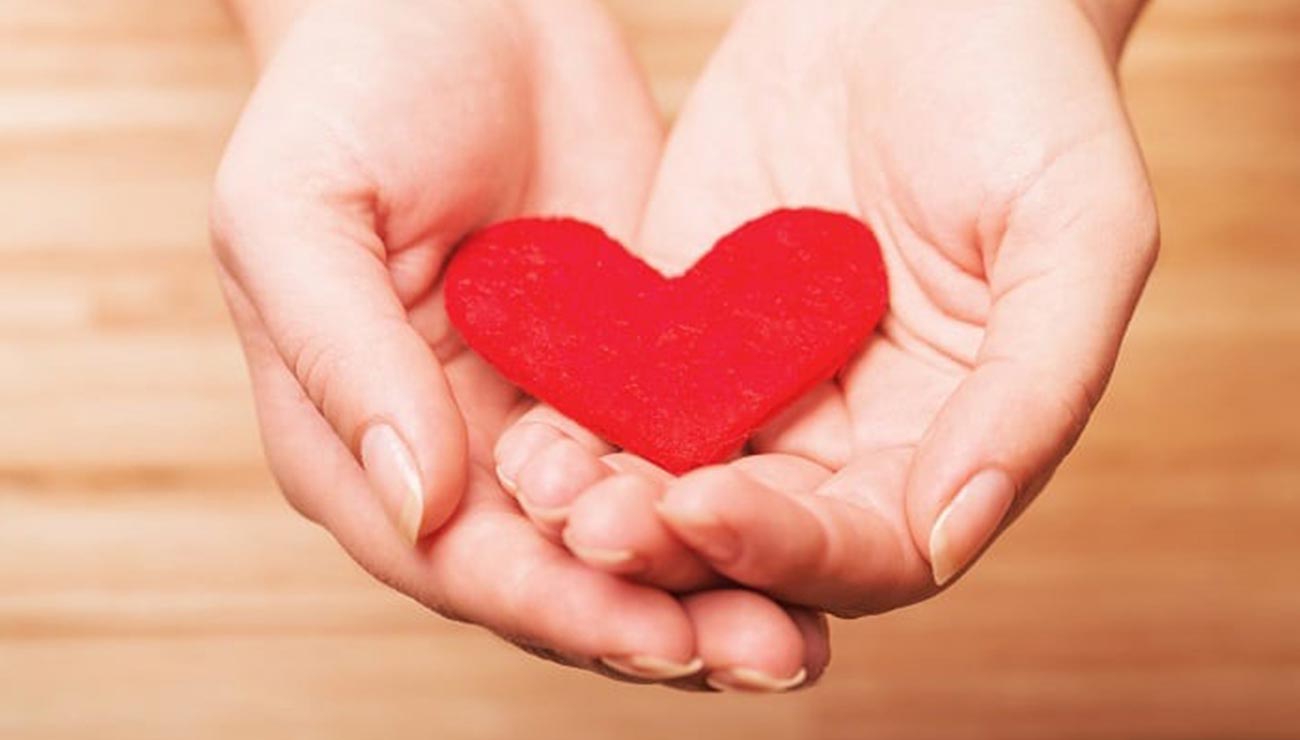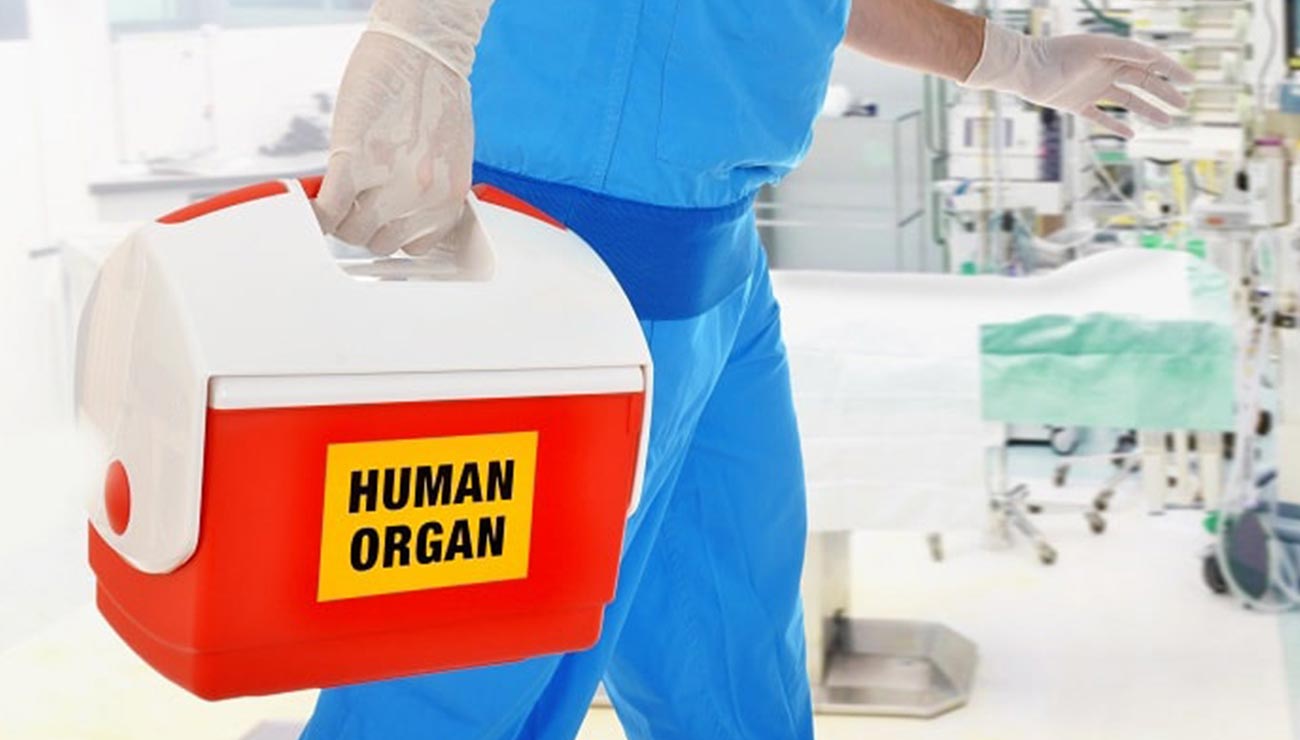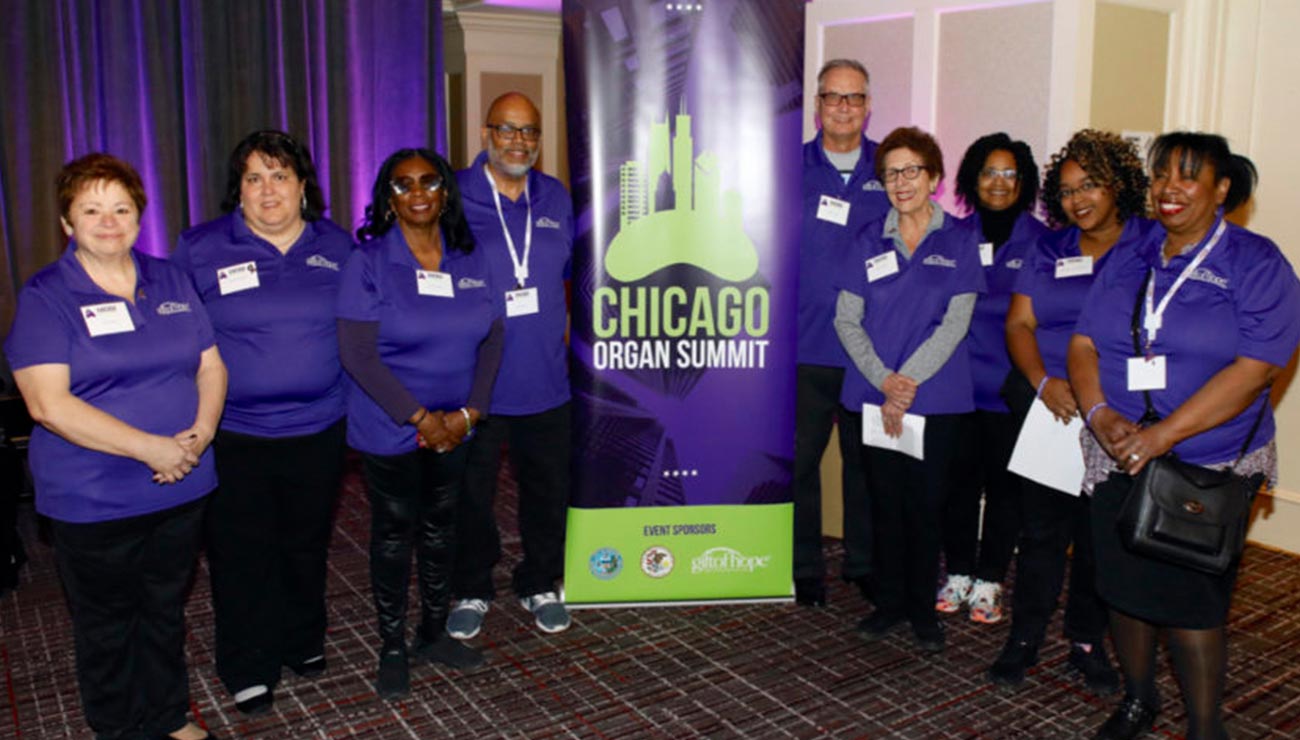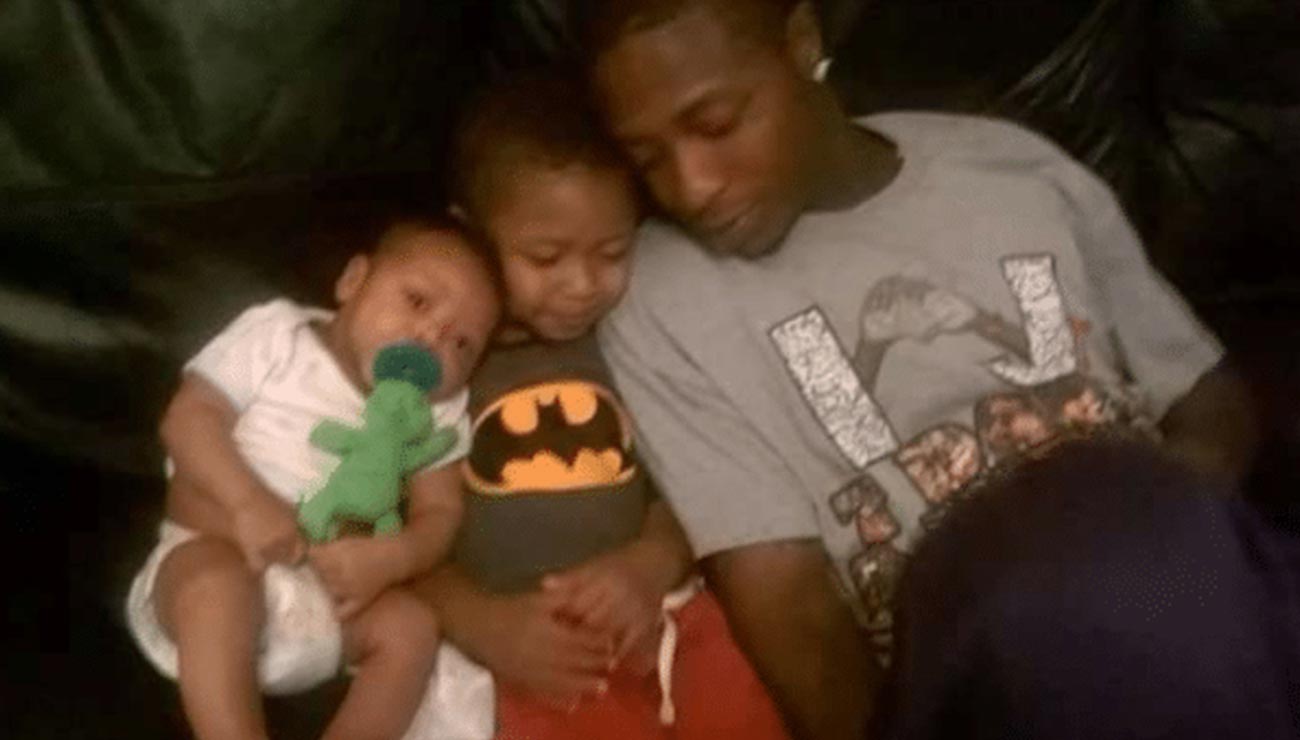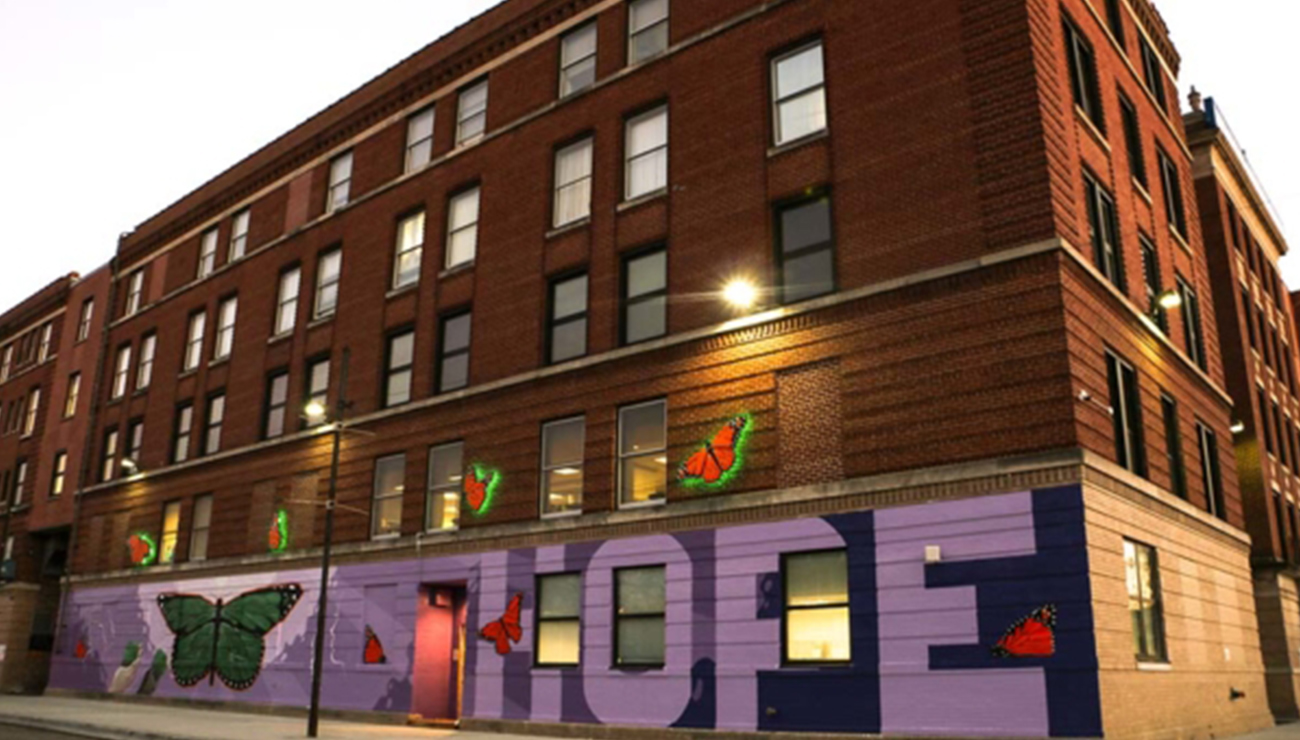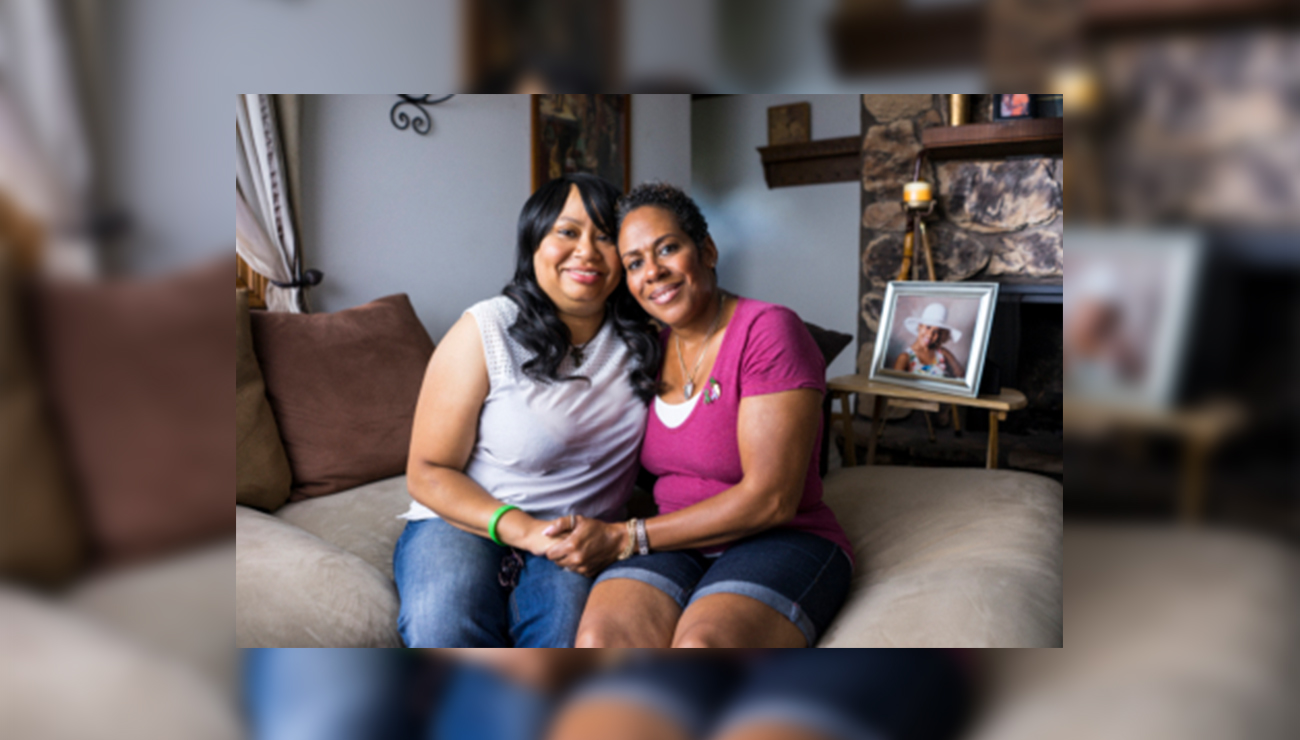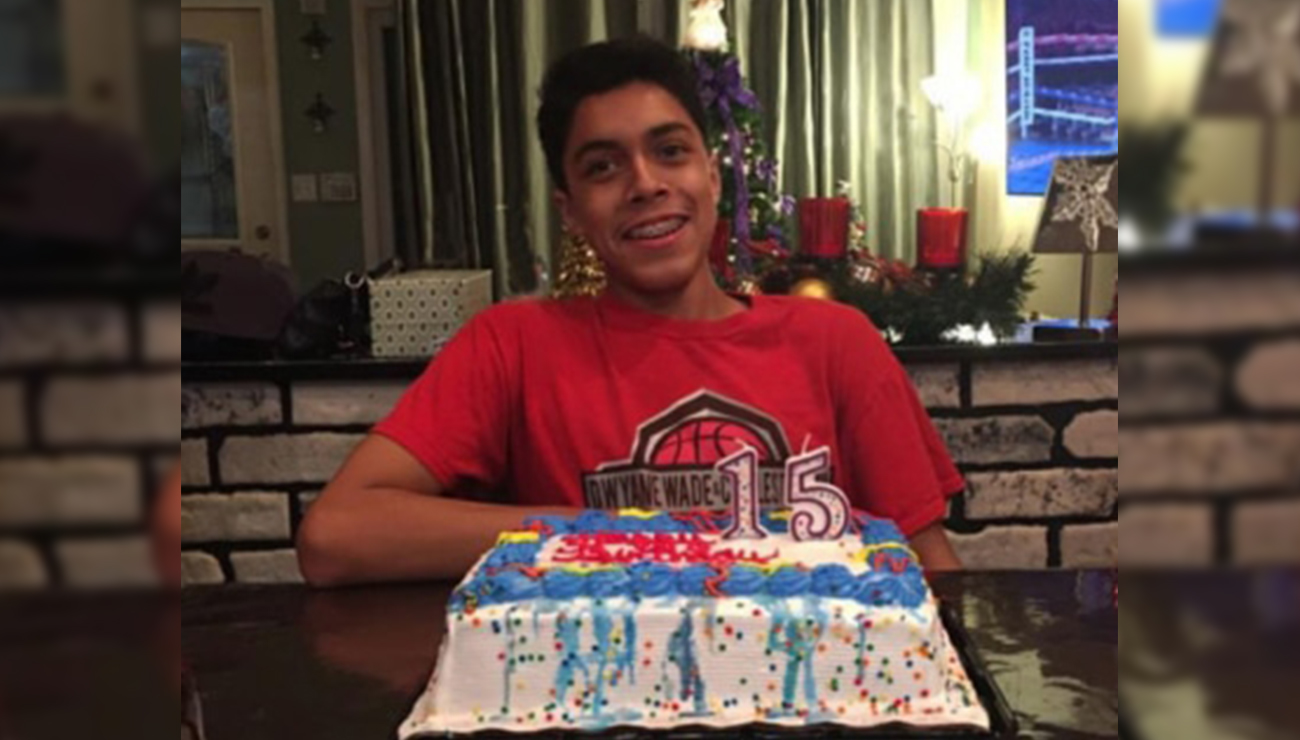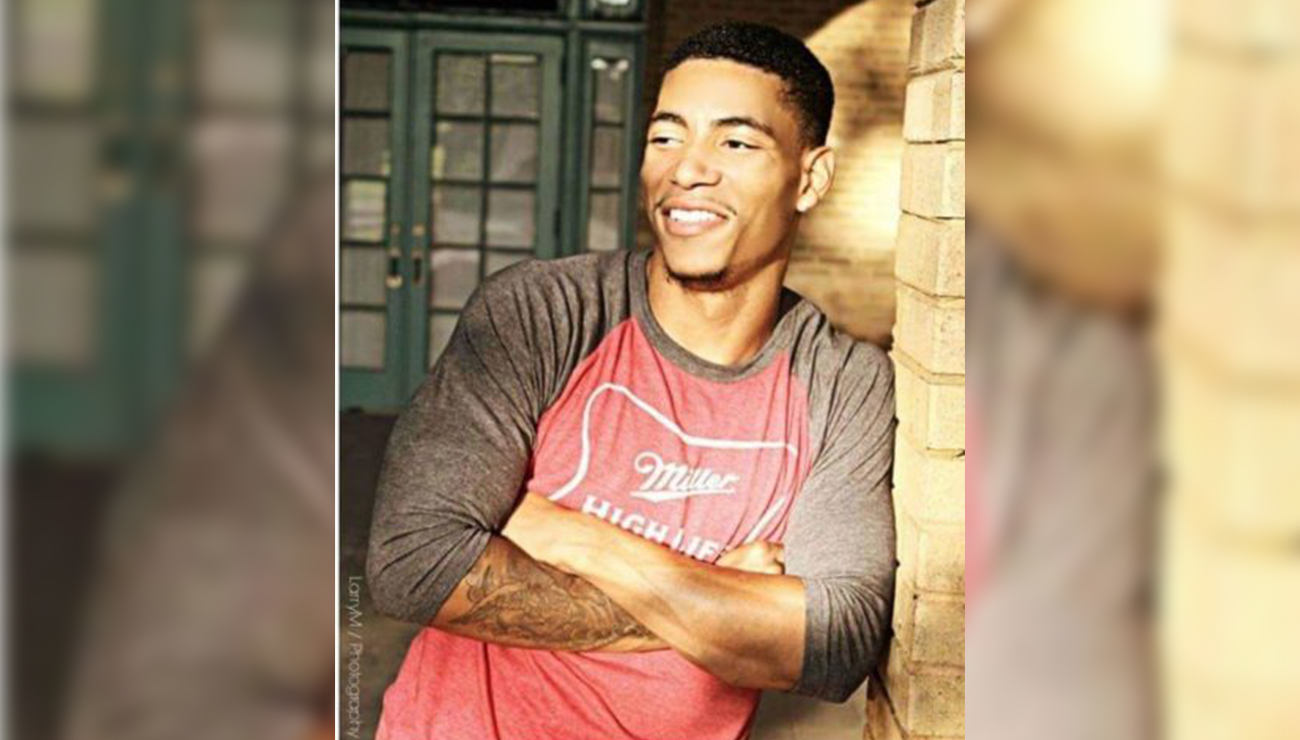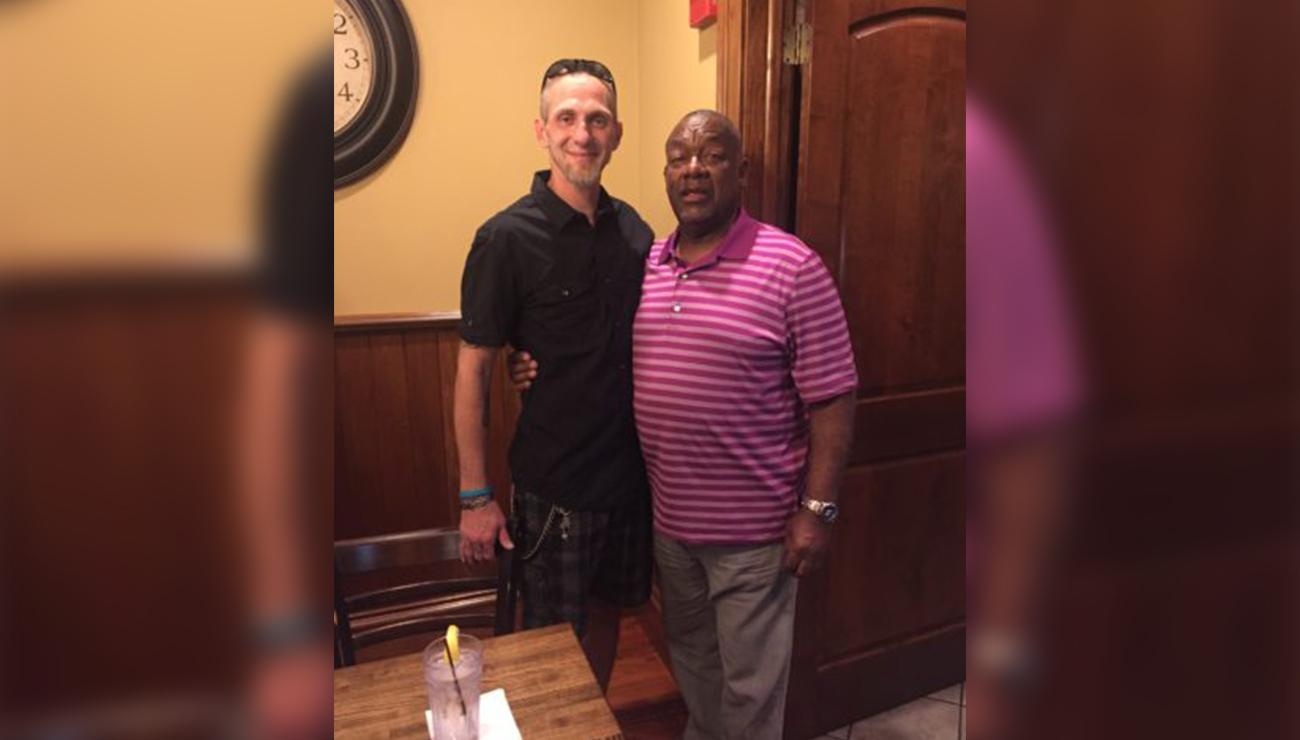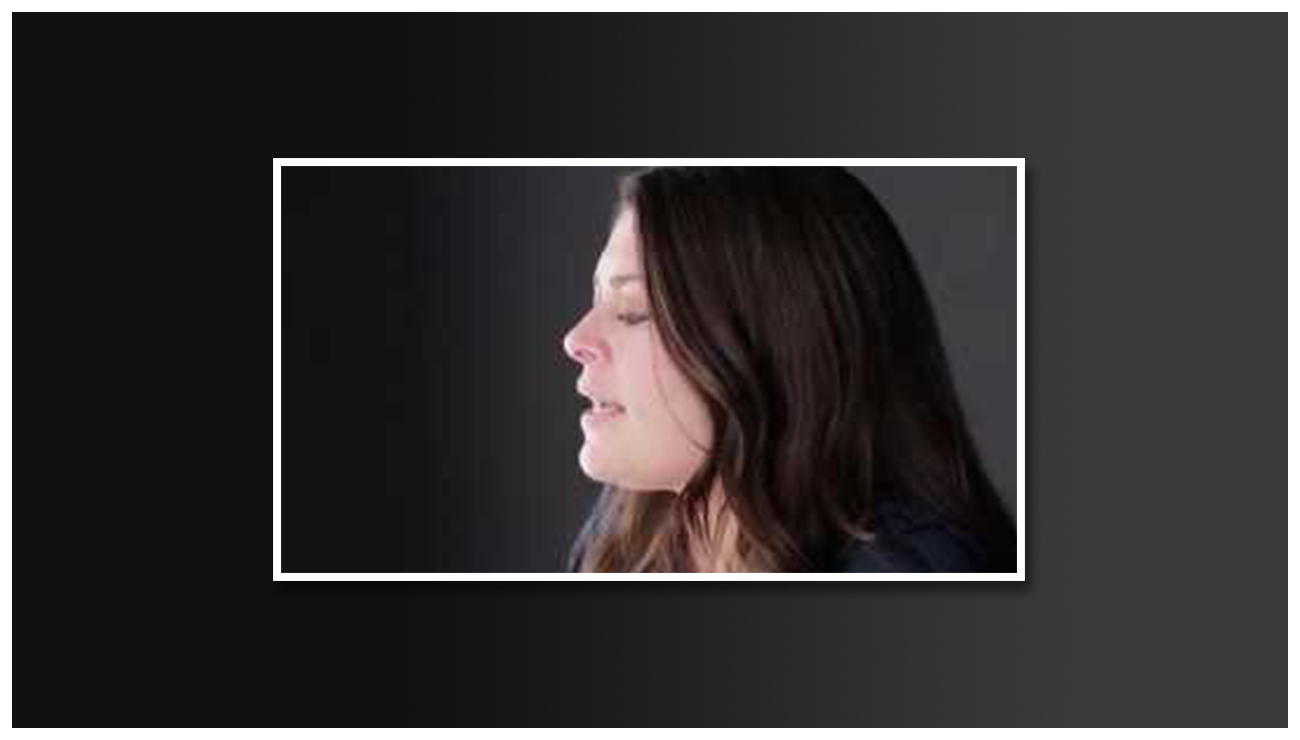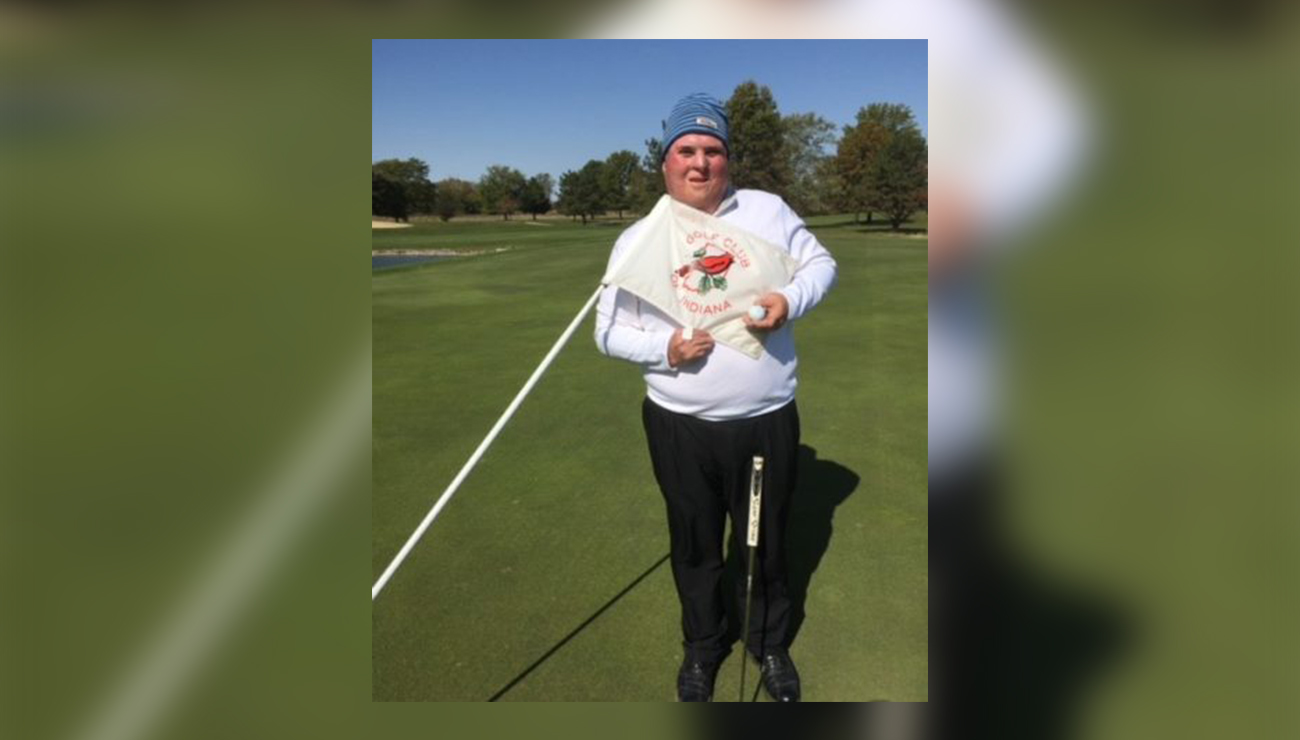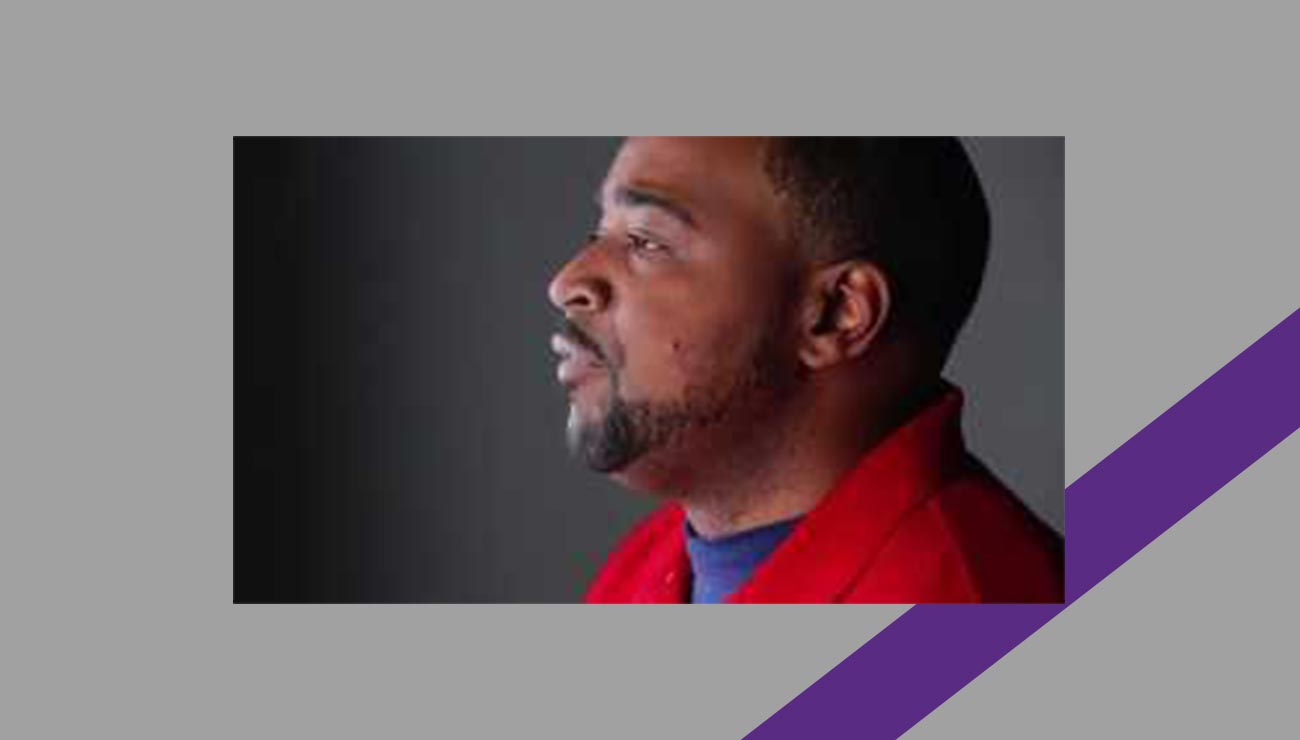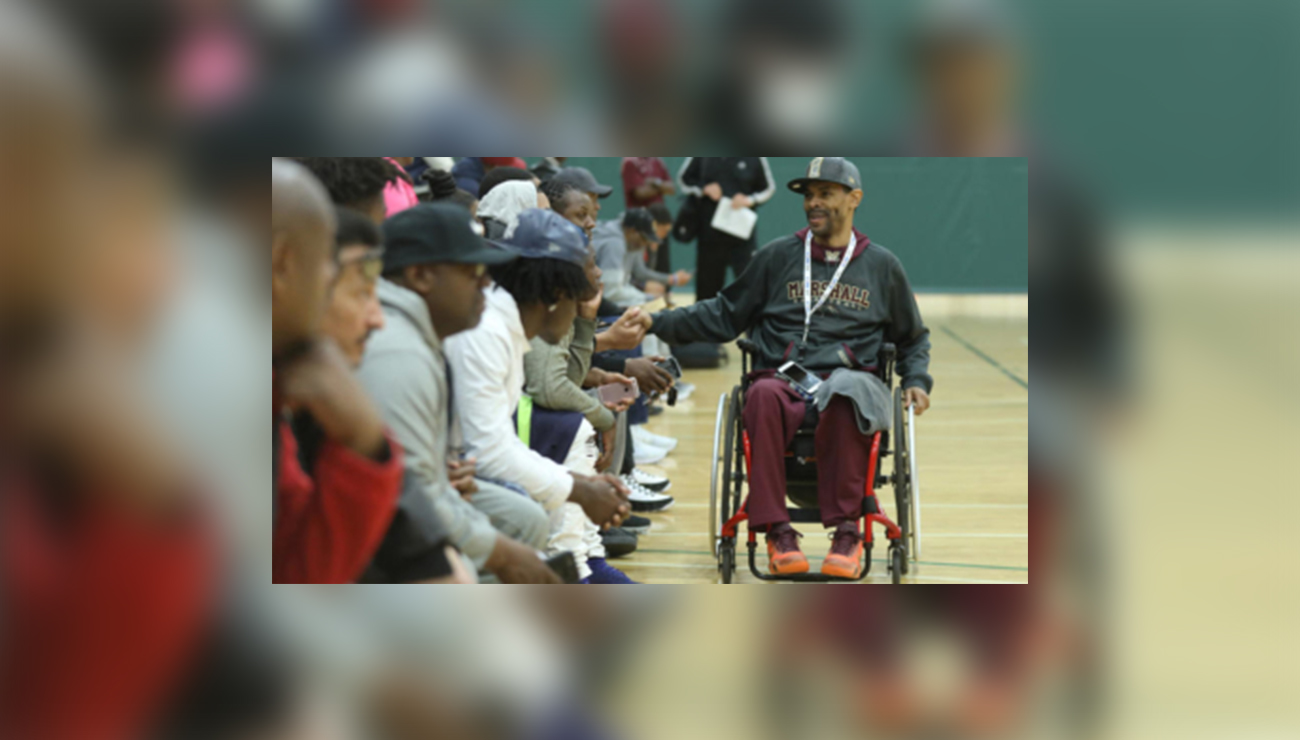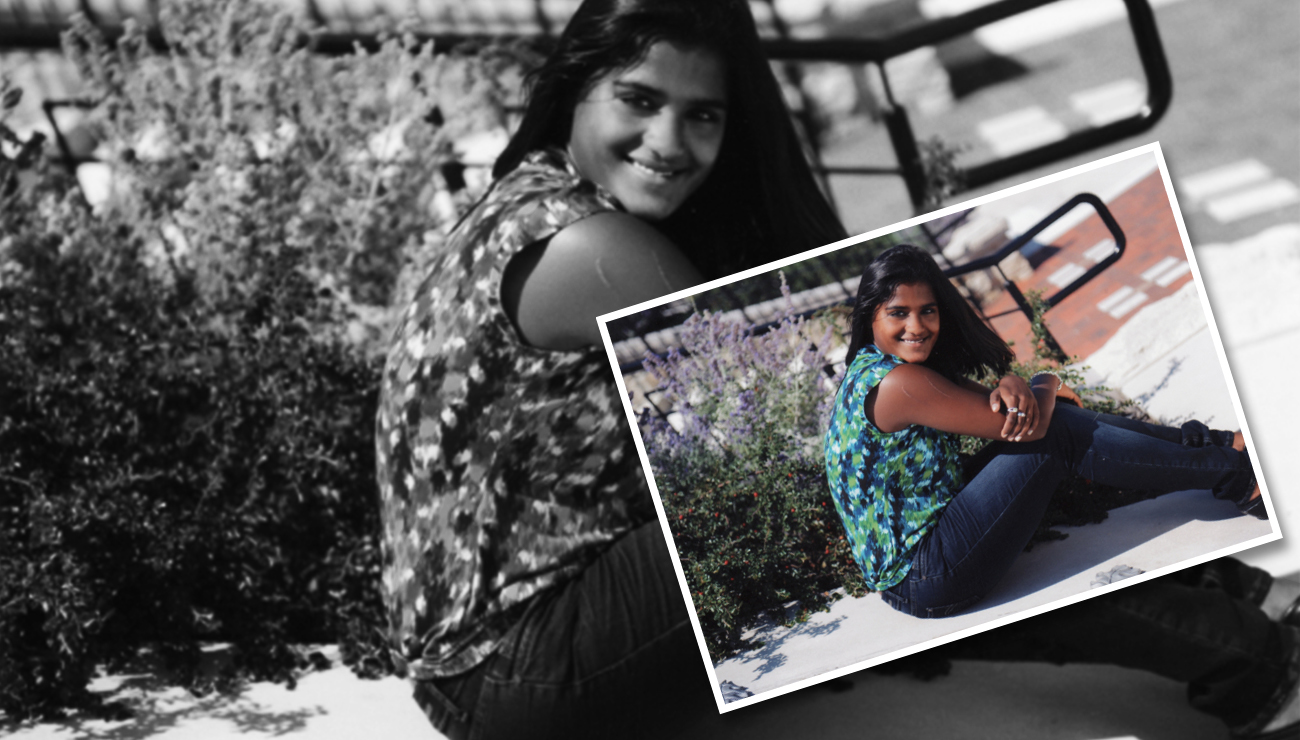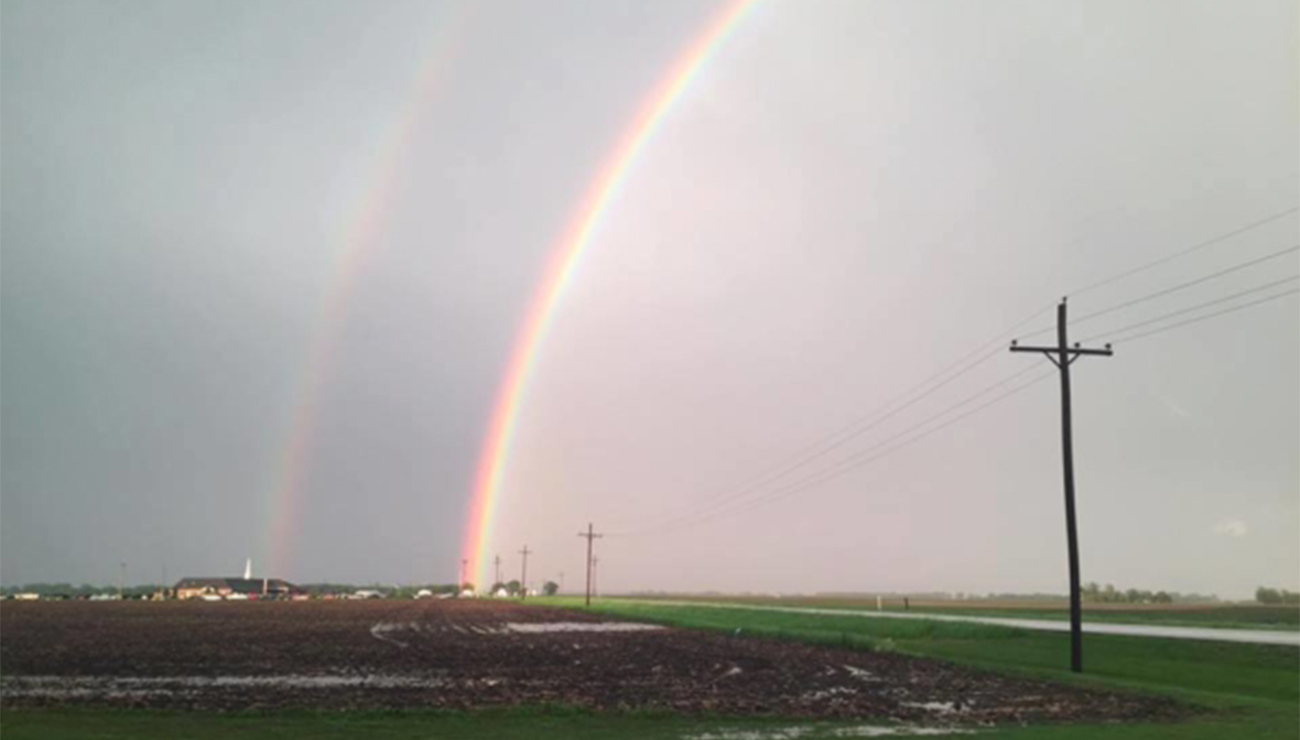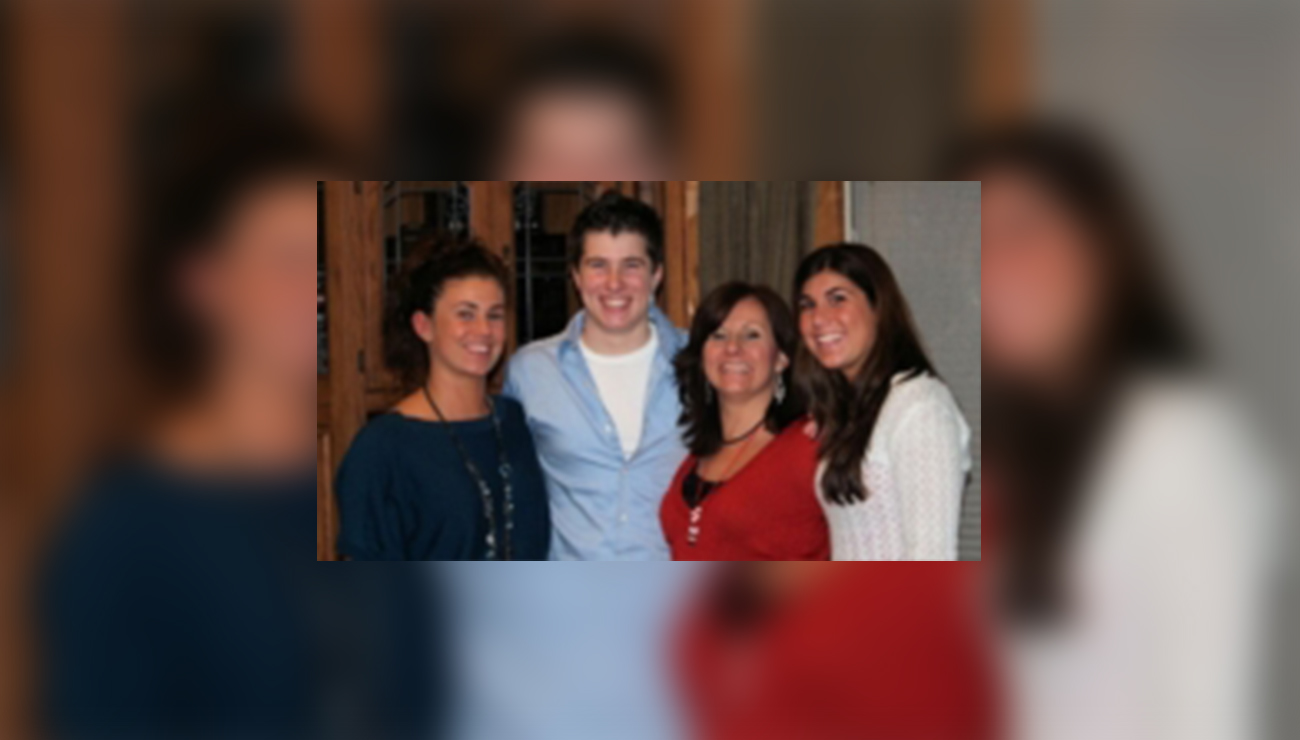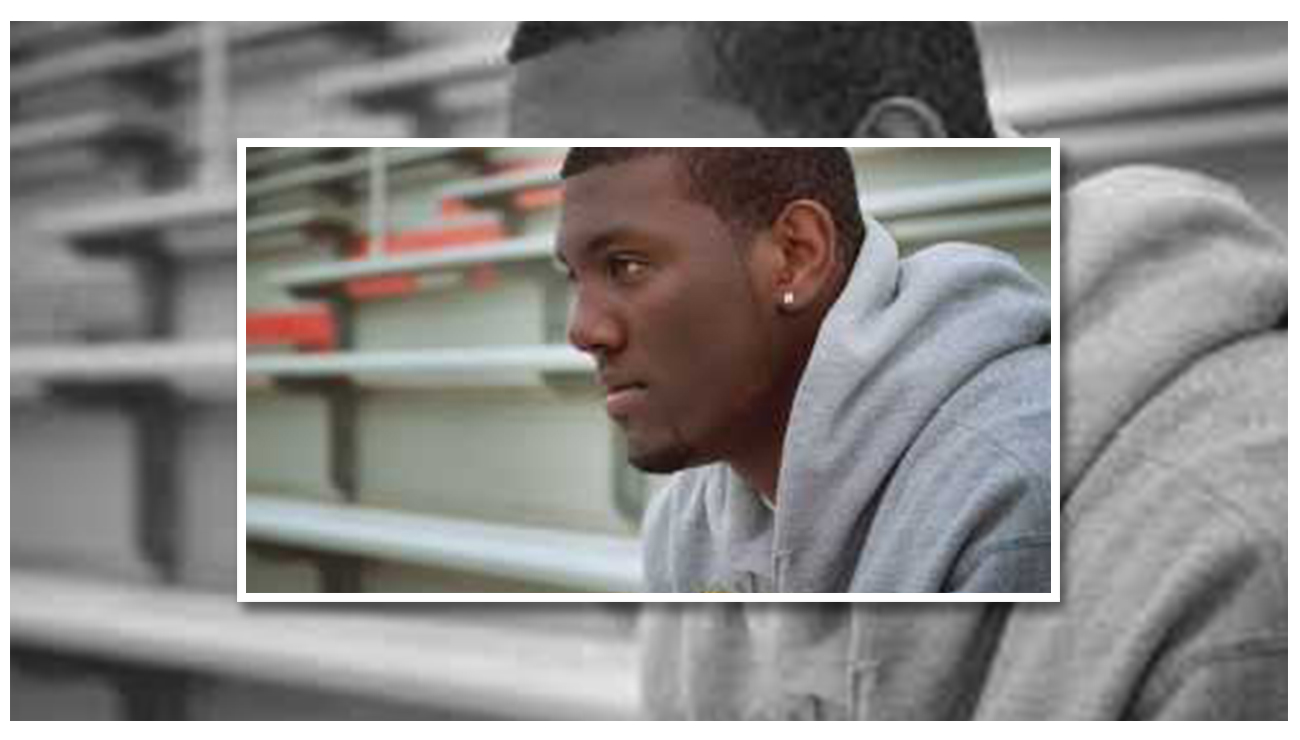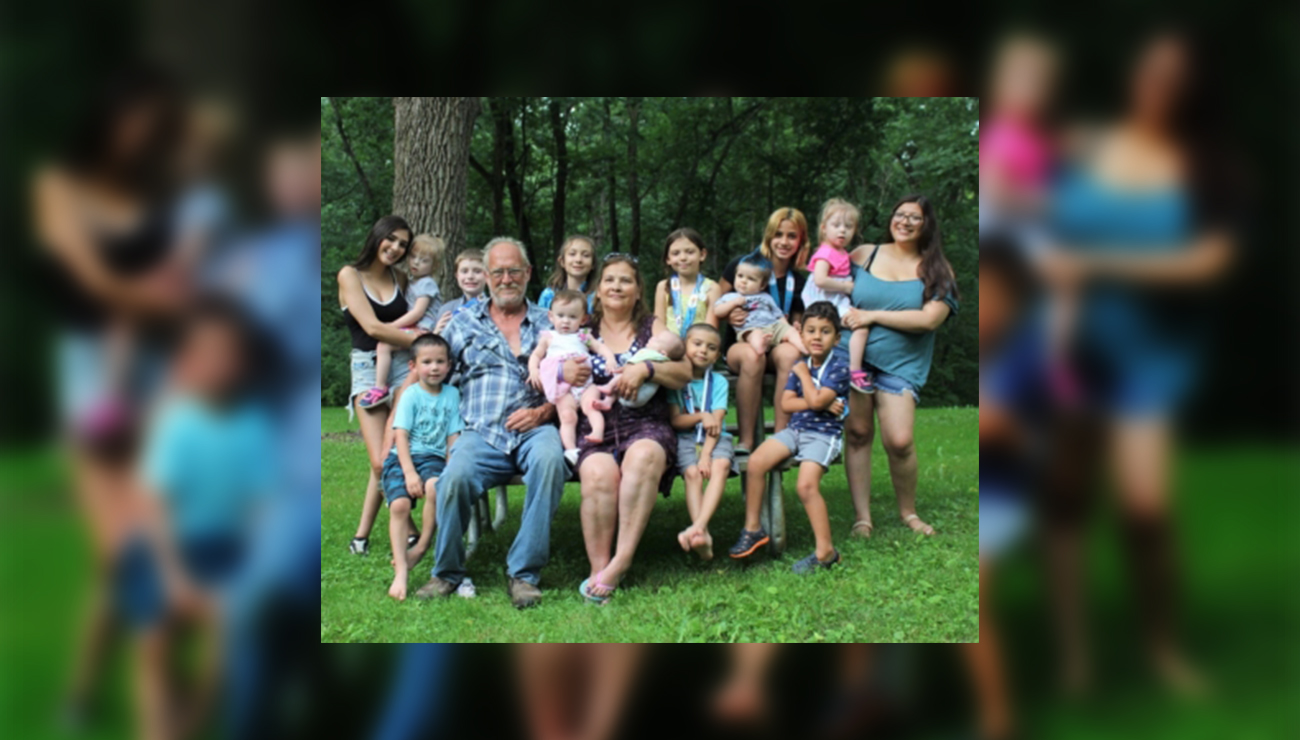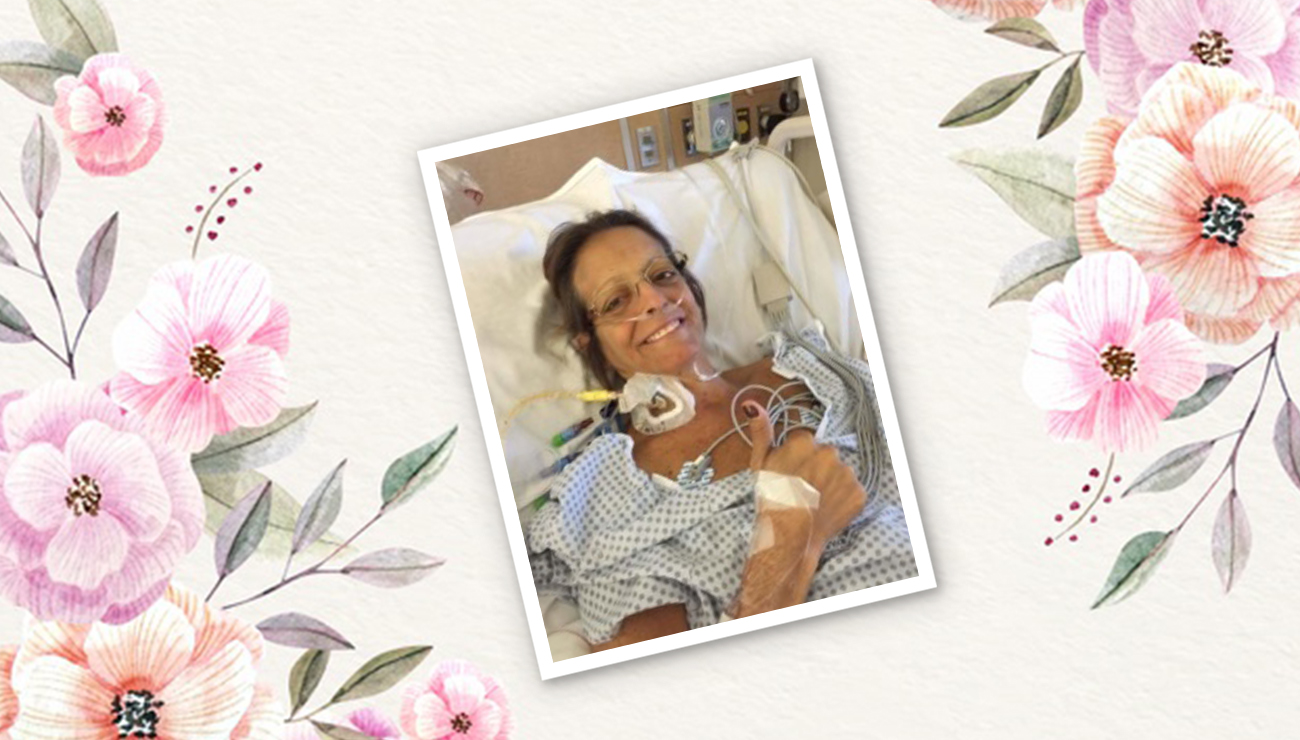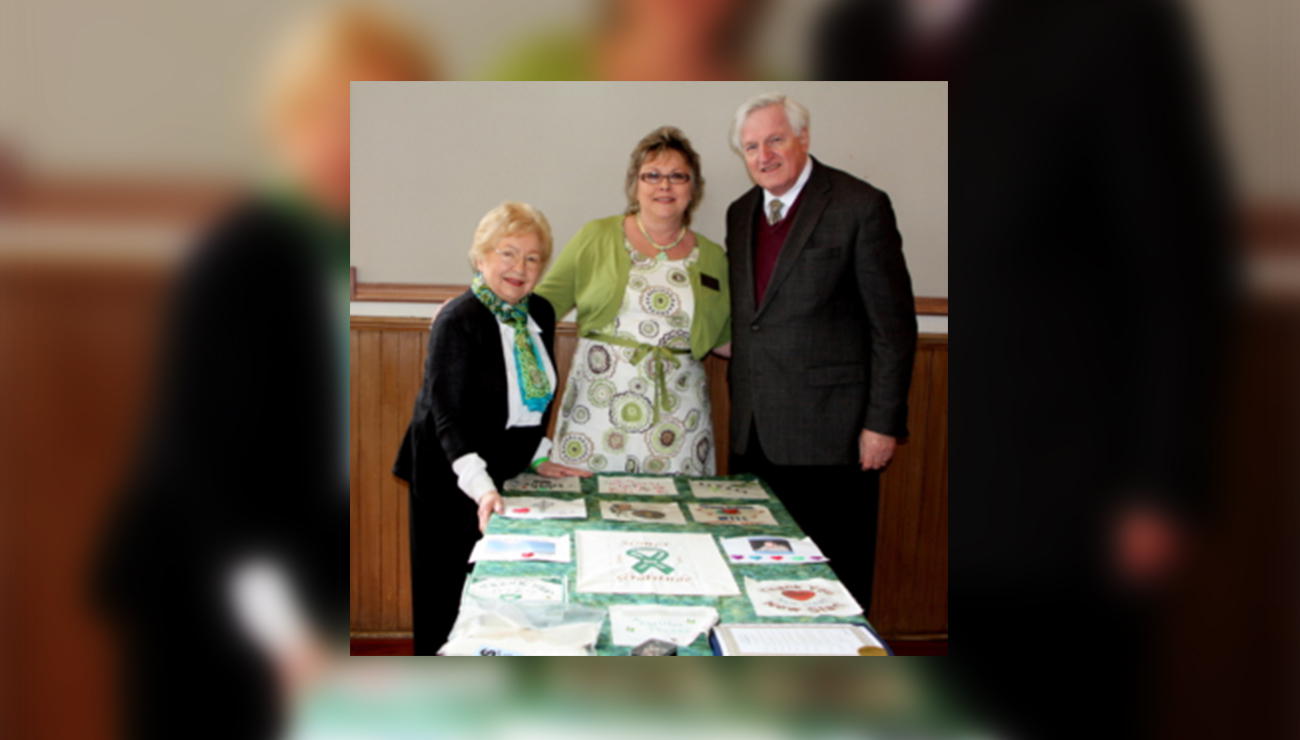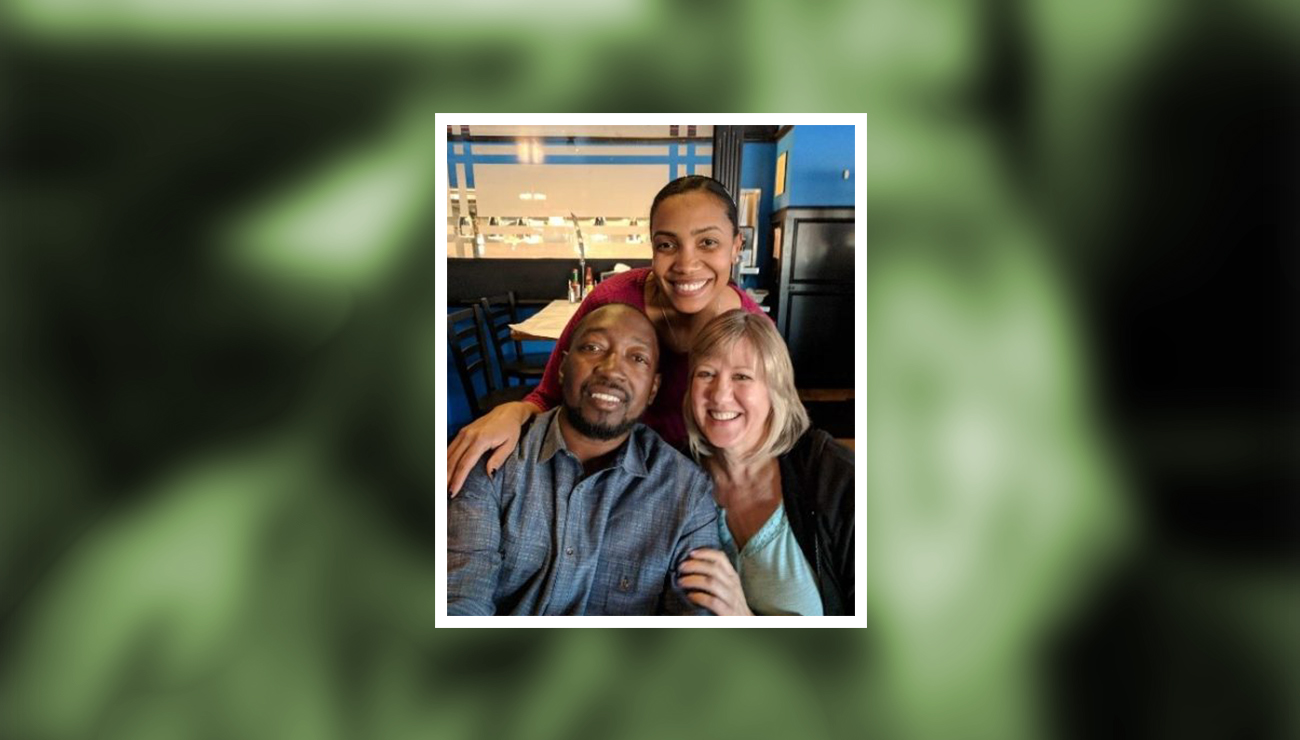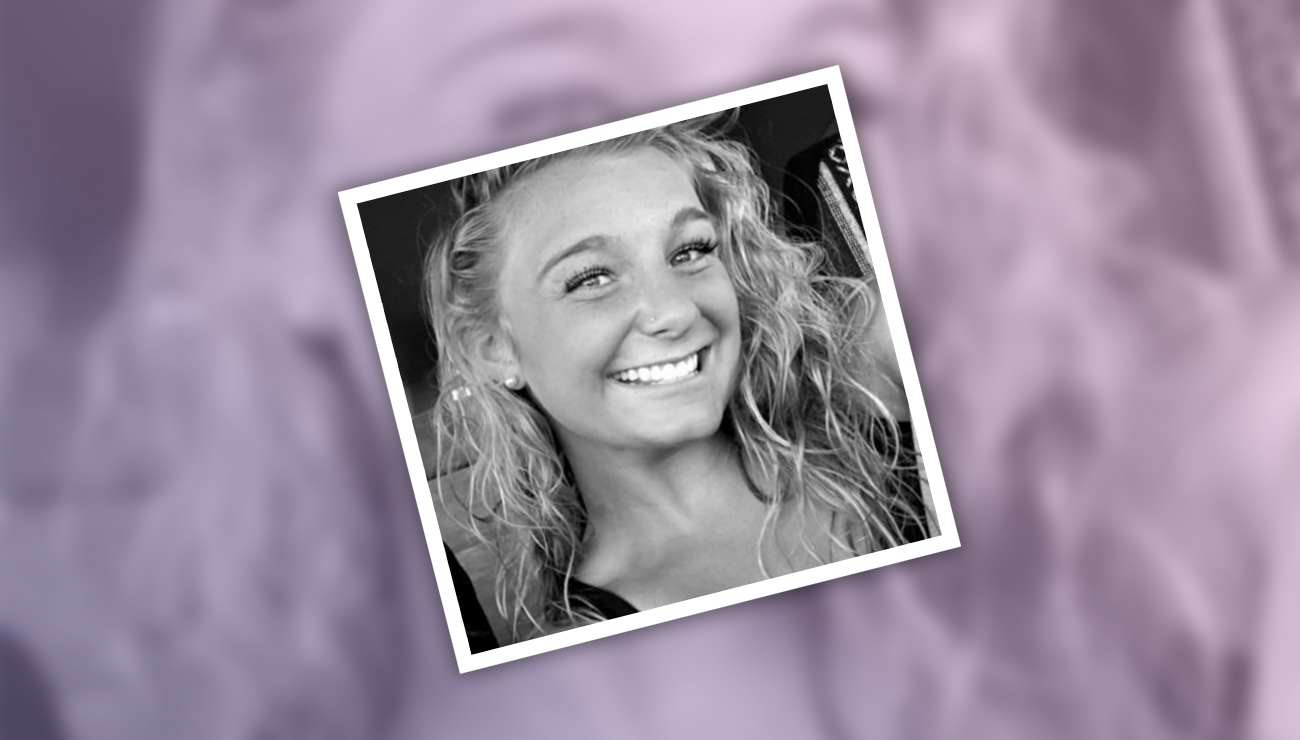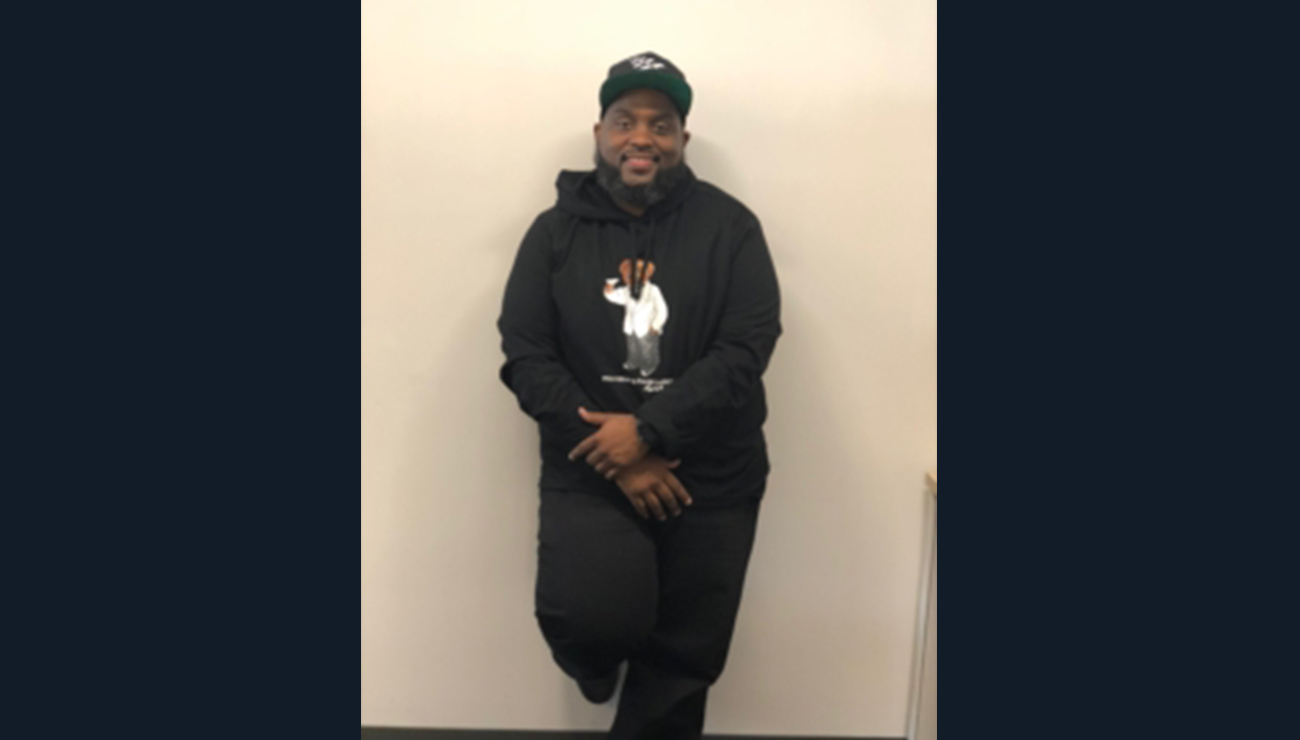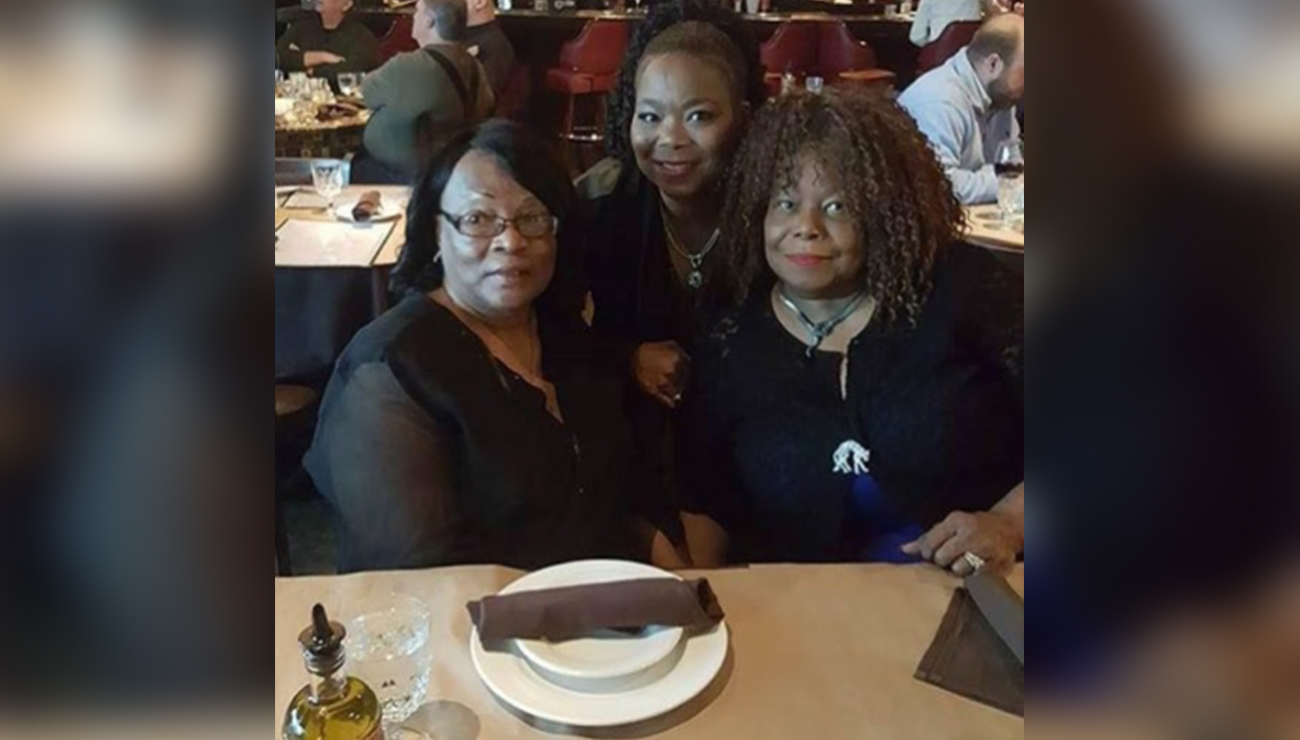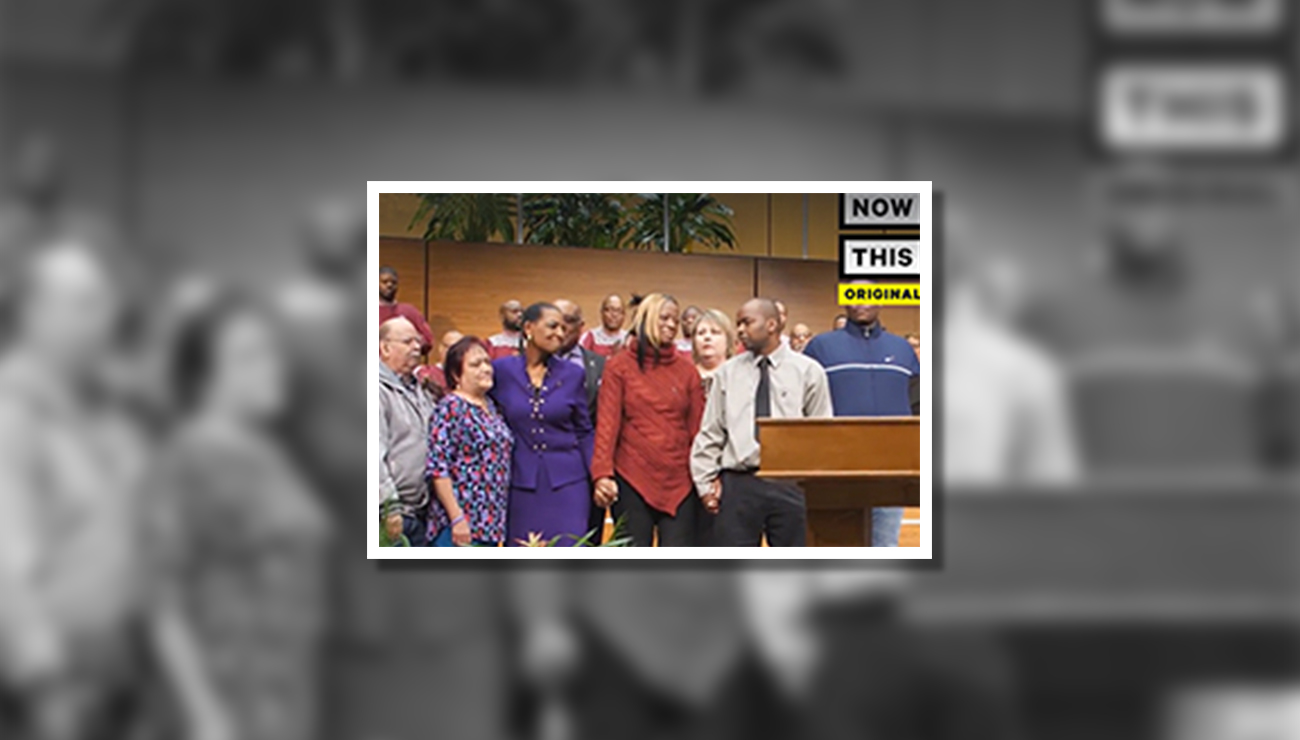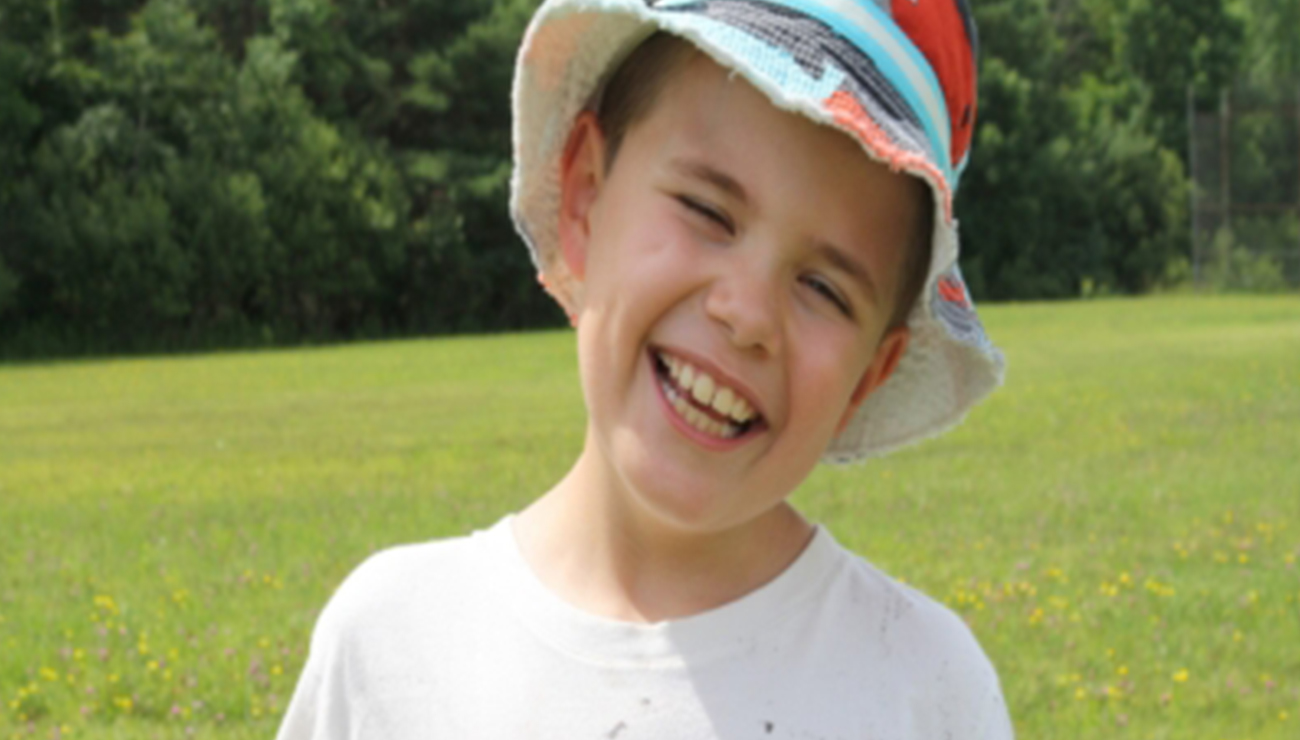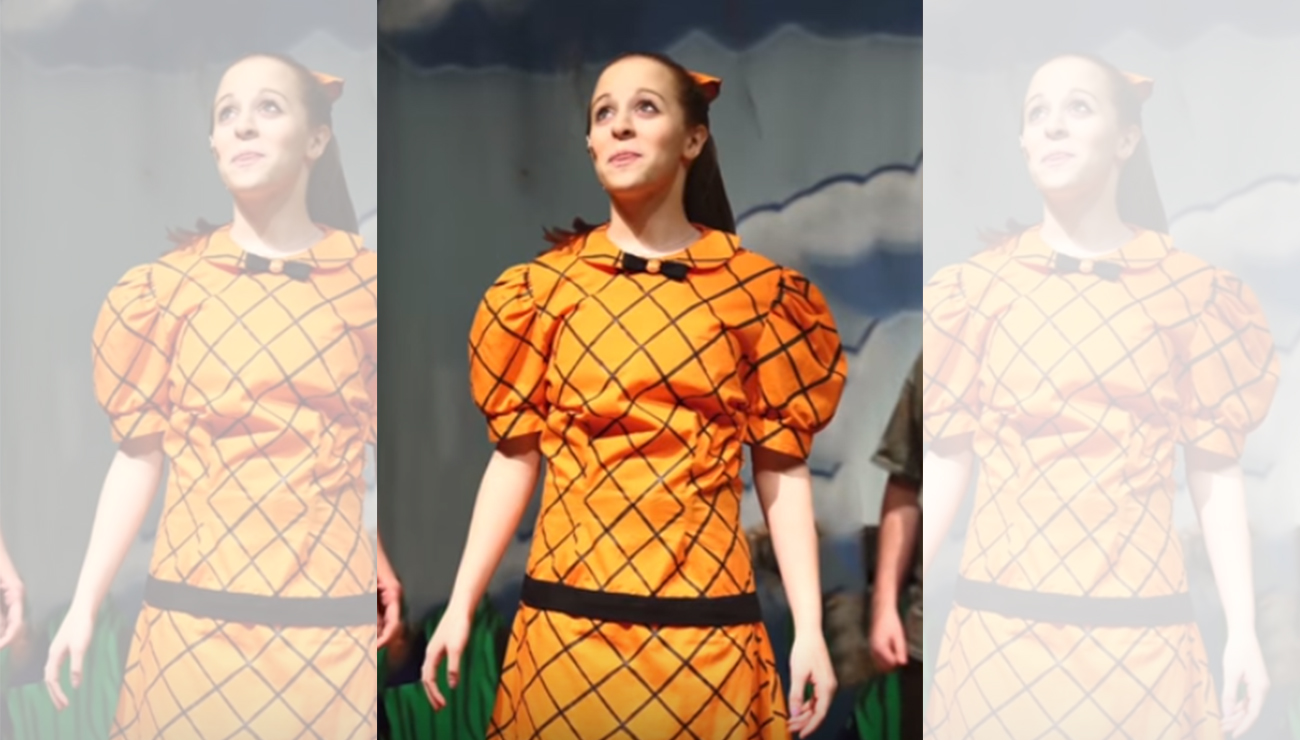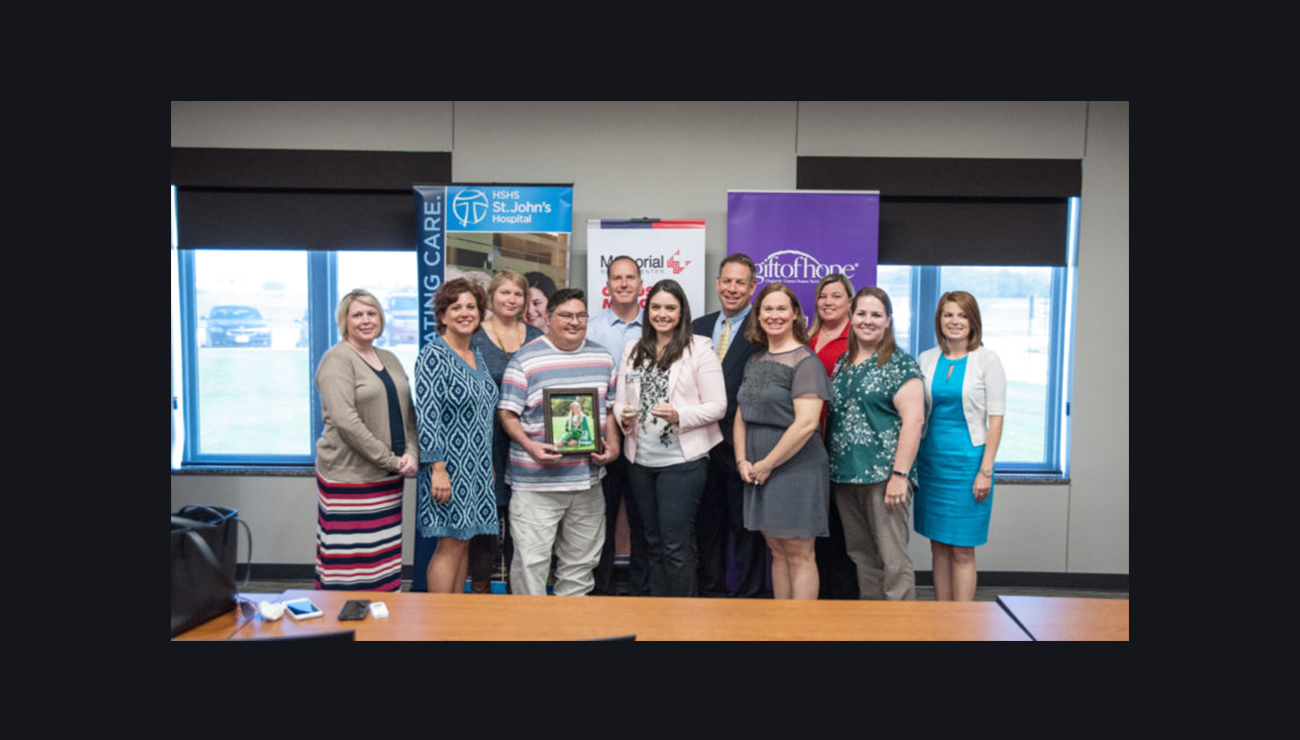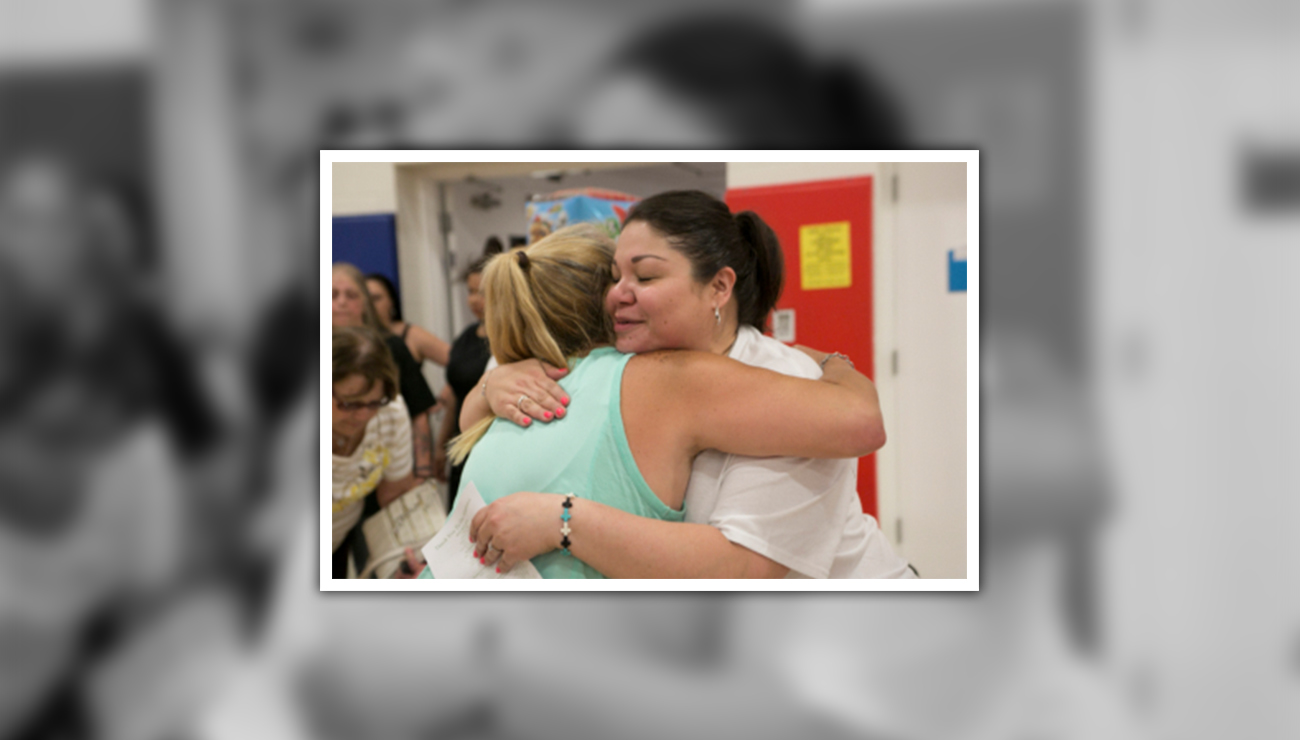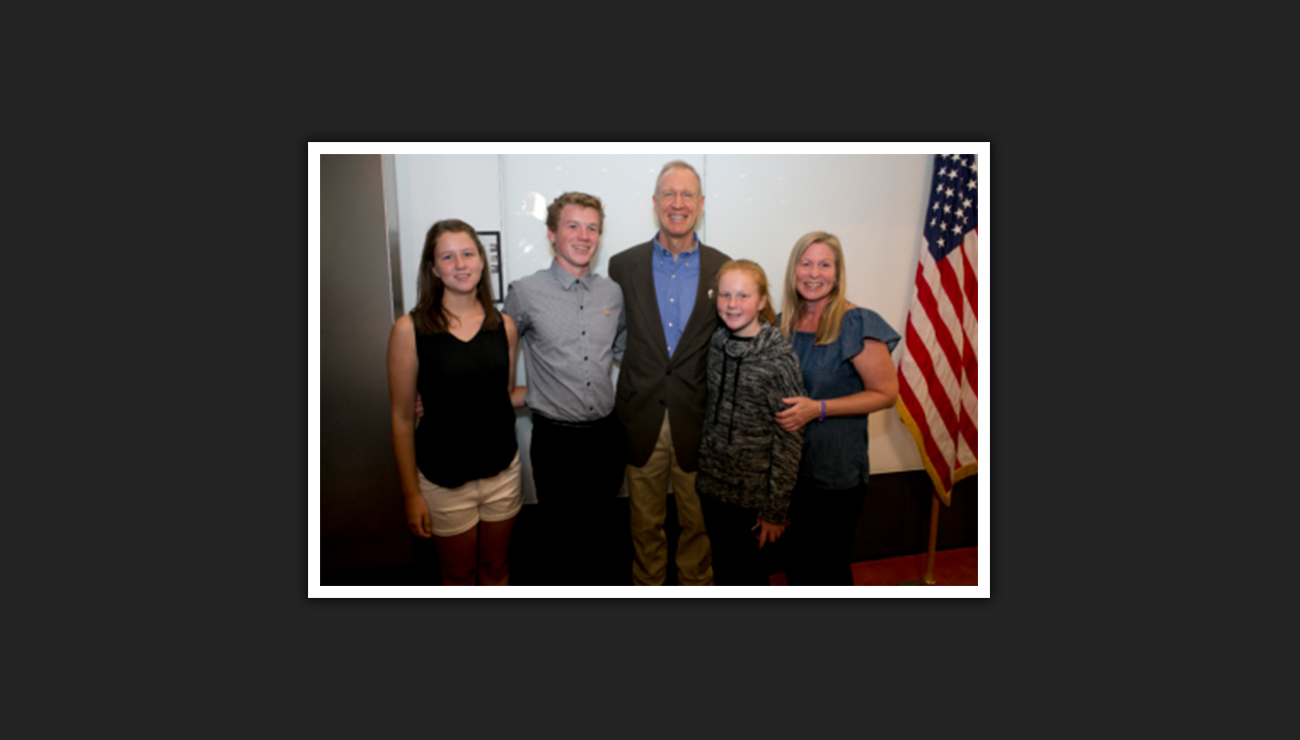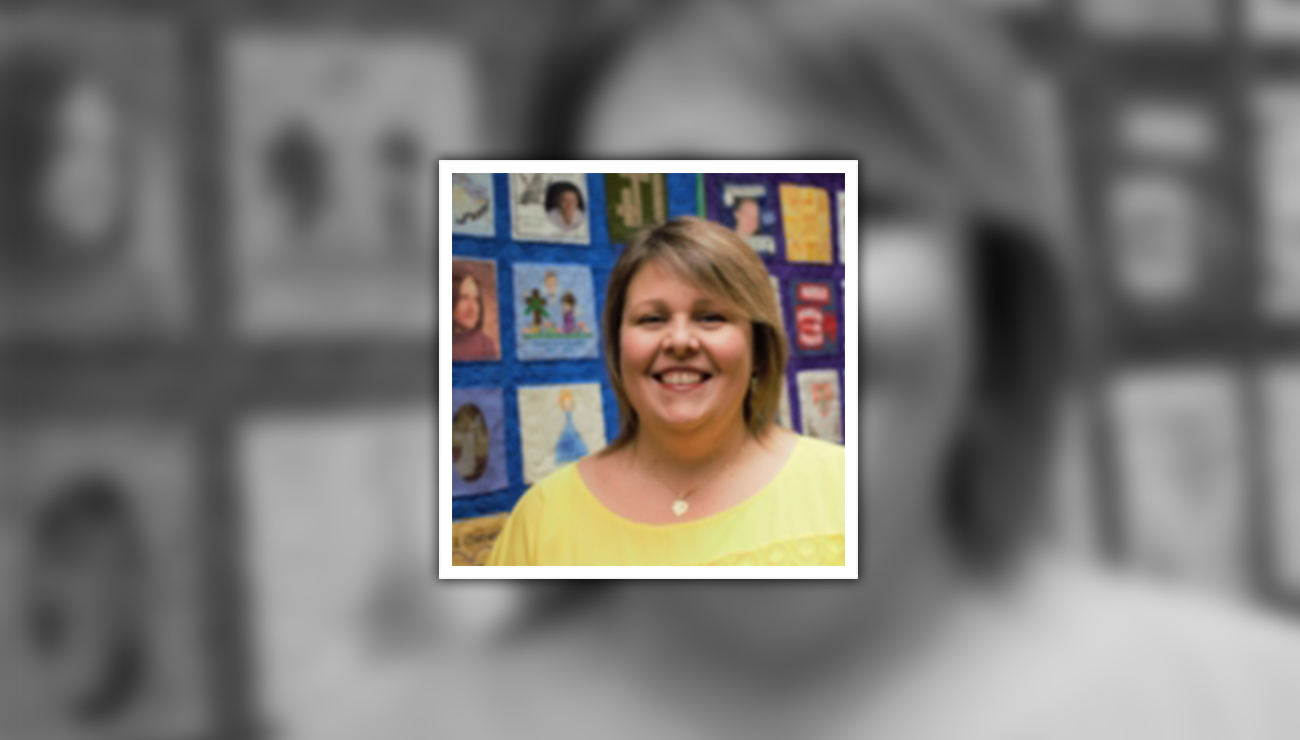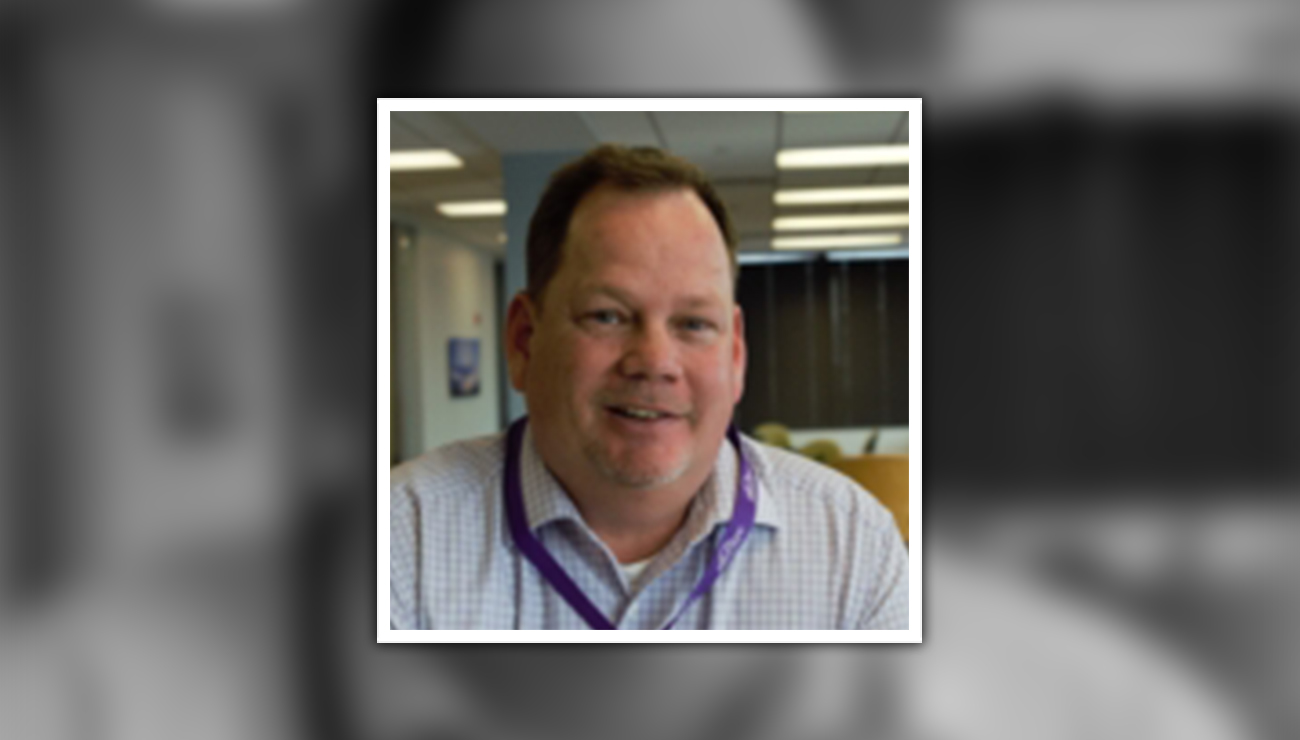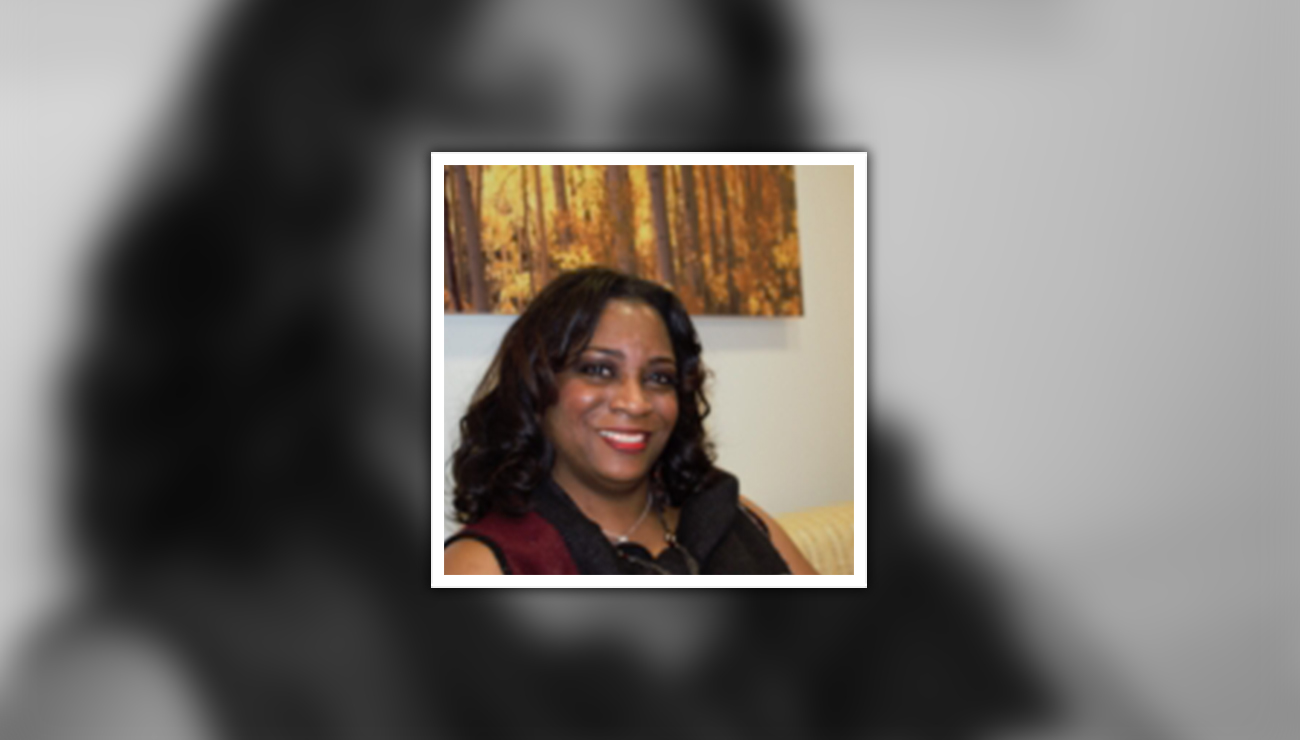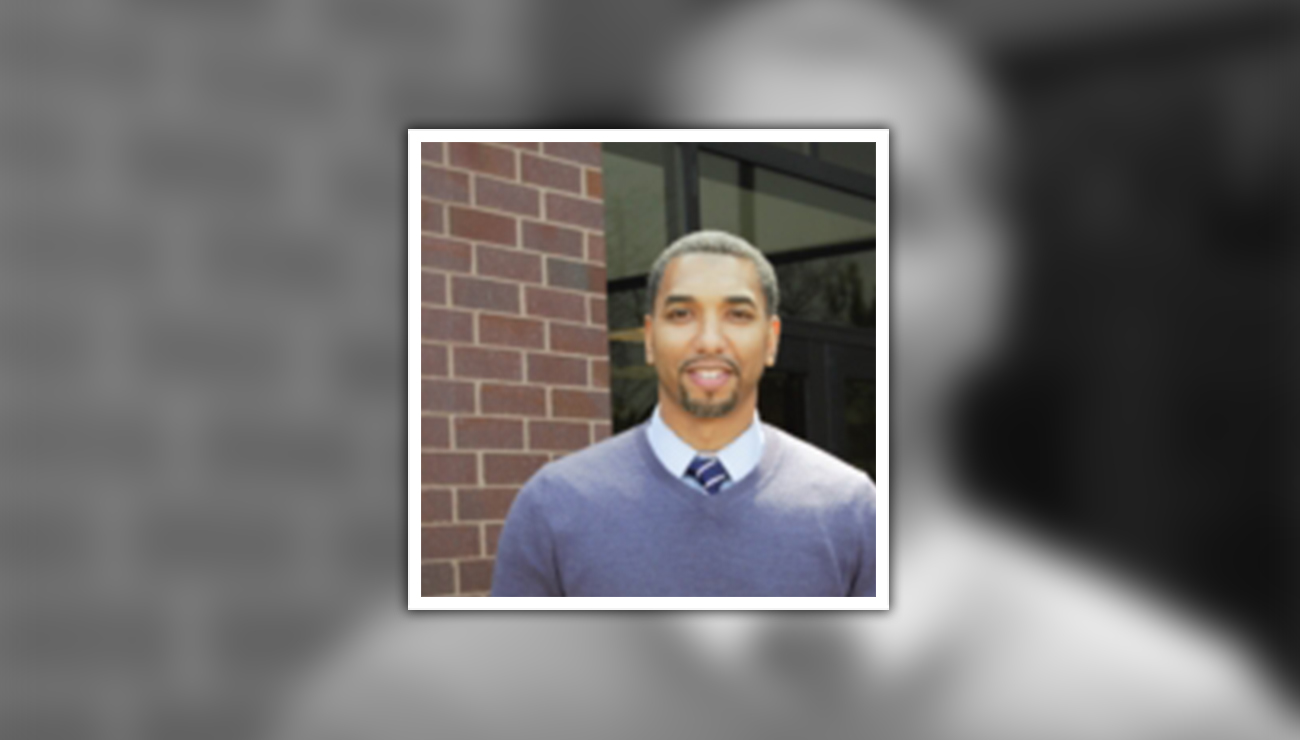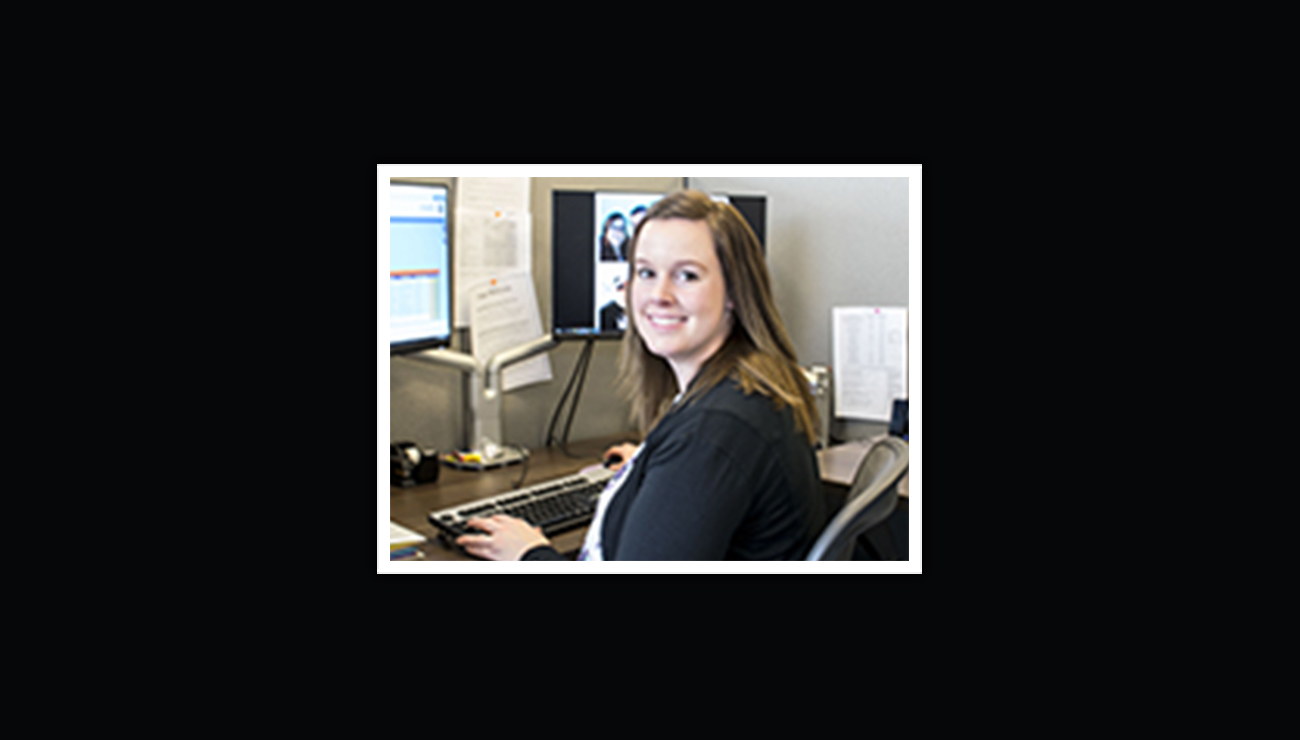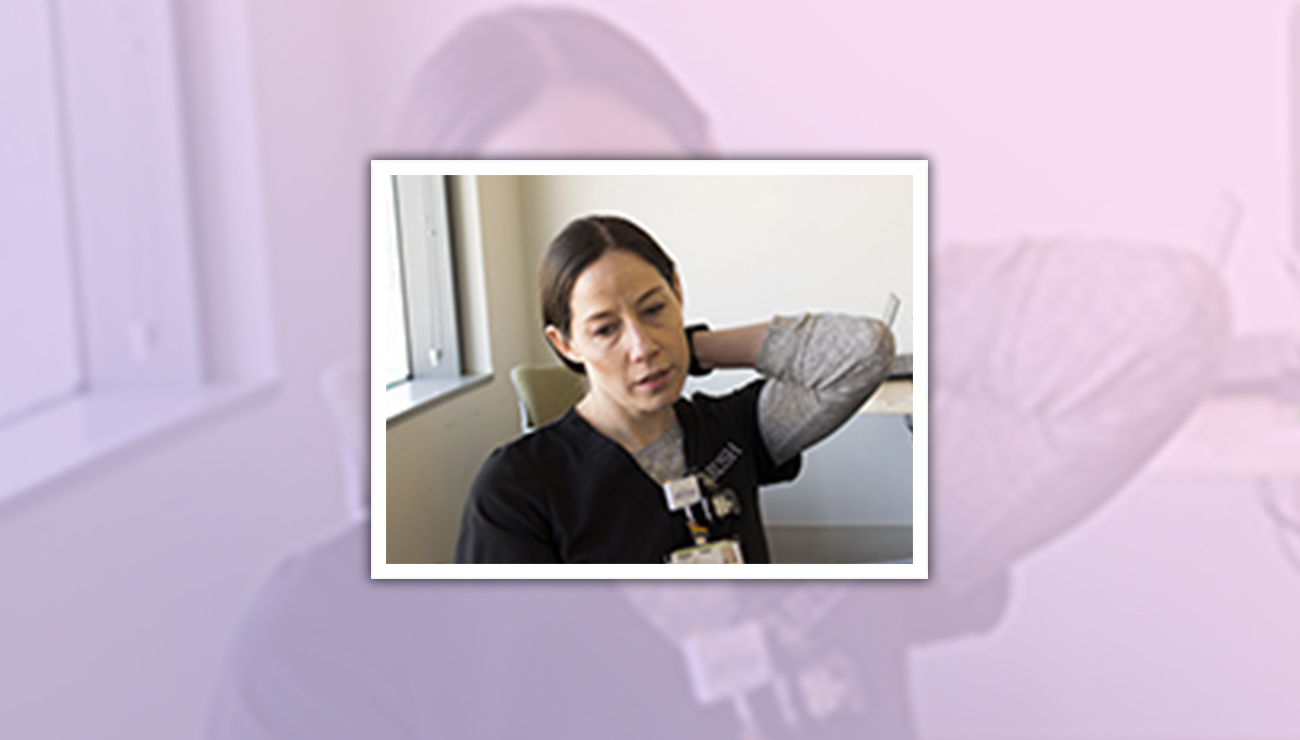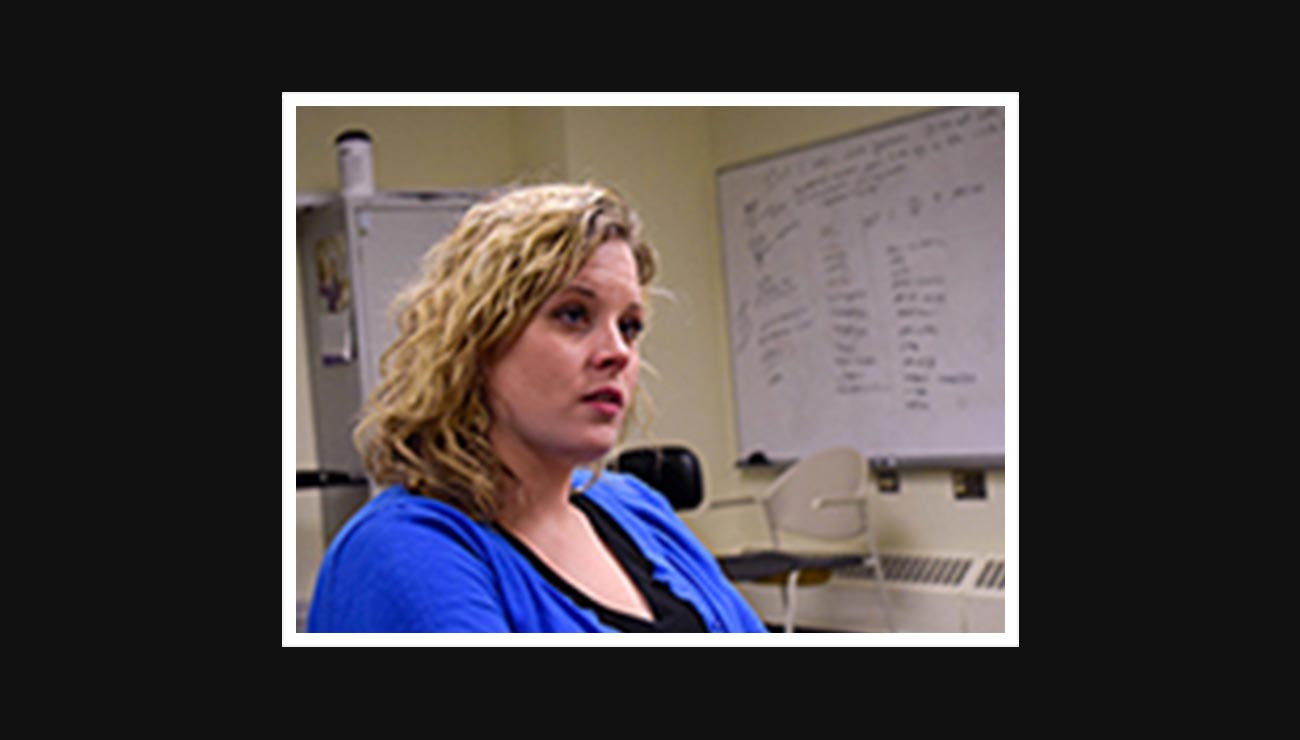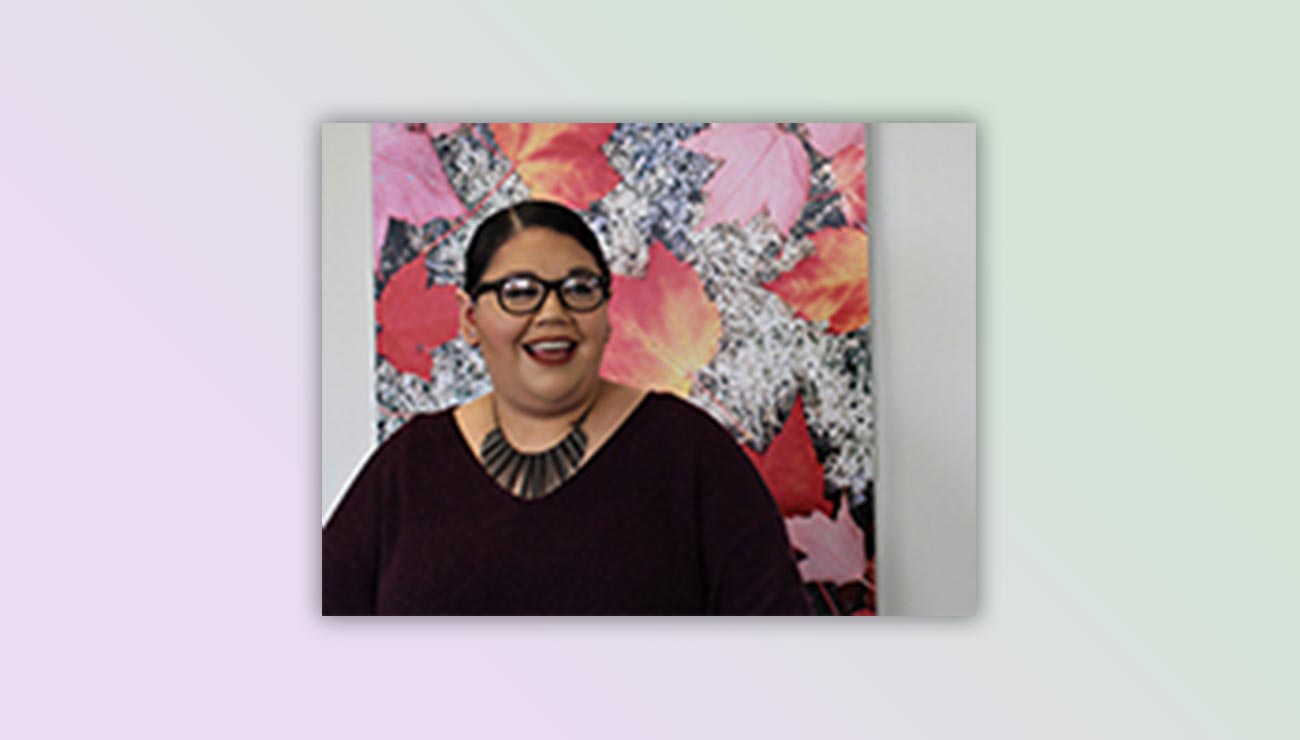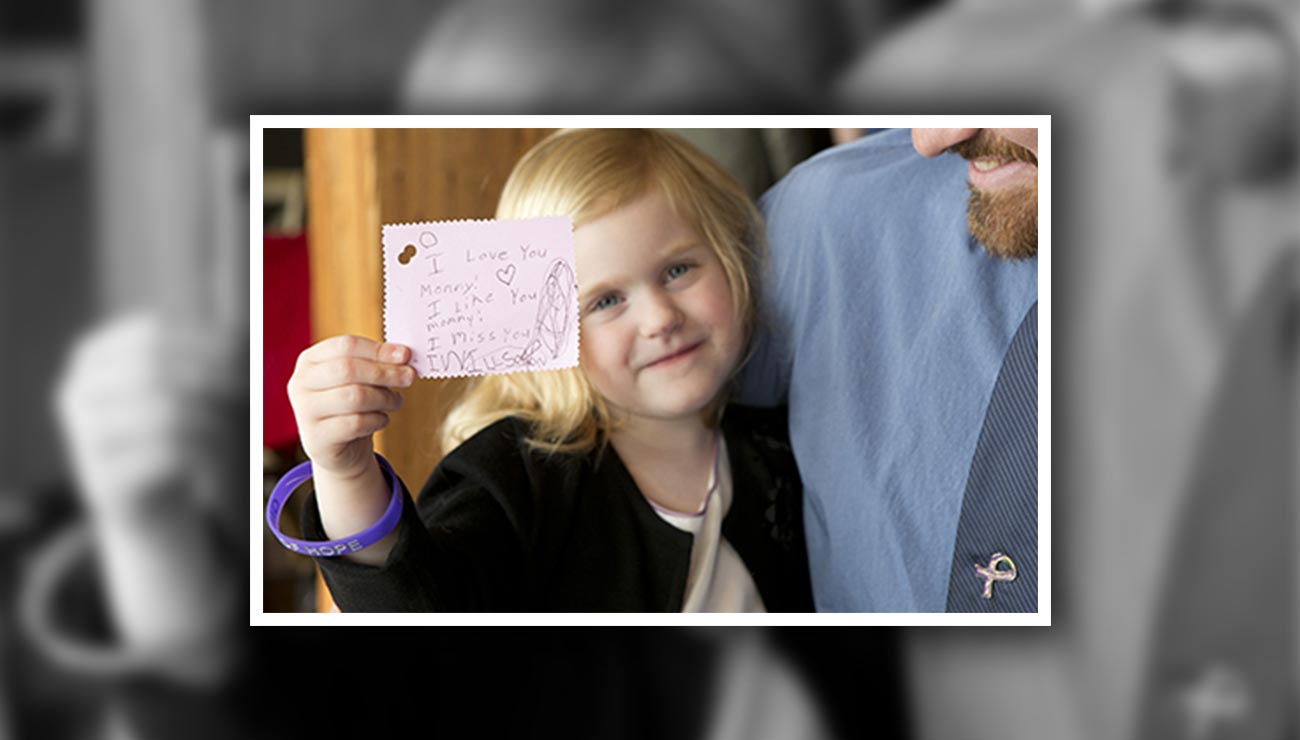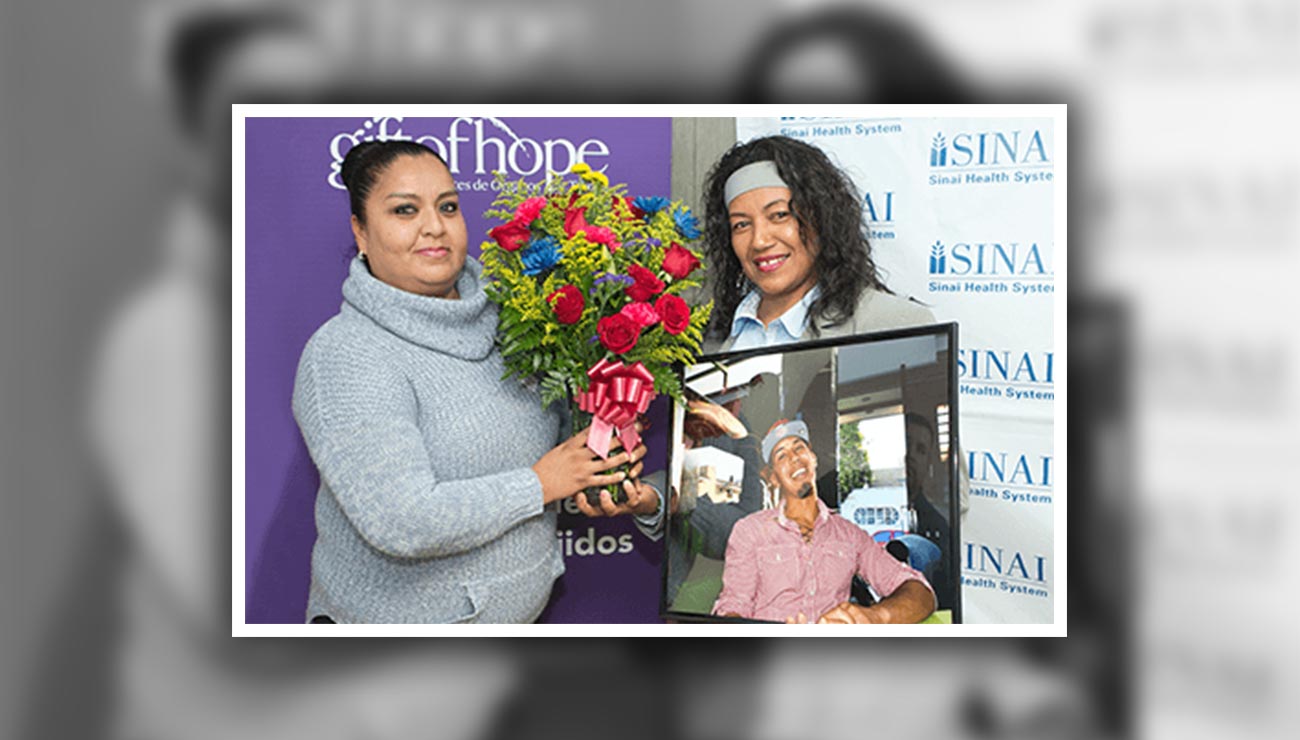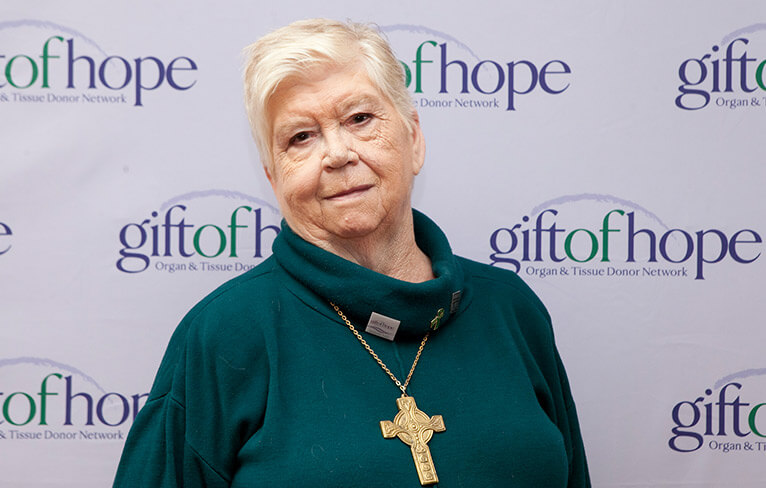Marion Shuck is Vice President of Governmental Relations & External Affairs at Gift of Hope Organ and Tissue Donor Network. The wife of a donor herself, Marion oversees Gift of Hope’s Community Outreach and Donor Family Services teams, and hosts the Let’s Talk Hope podcast.
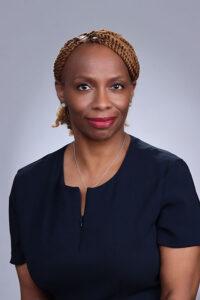 In my 13 years working at Gift of Hope Organ & Tissue Donor Network, I’ve been honored to help many families make the powerful decision to donate their loved ones’ tissue and organs. This work has become a part of me, not just a job. At Gift of Hope, I oversee the work of our Donor Family Services and Community Outreach teams. I had a chance to talk about that, along with my personal experience with donation, in a special conversation on Let’s Talk Hope, the podcast I’ve hosted over the past year.
In my 13 years working at Gift of Hope Organ & Tissue Donor Network, I’ve been honored to help many families make the powerful decision to donate their loved ones’ tissue and organs. This work has become a part of me, not just a job. At Gift of Hope, I oversee the work of our Donor Family Services and Community Outreach teams. I had a chance to talk about that, along with my personal experience with donation, in a special conversation on Let’s Talk Hope, the podcast I’ve hosted over the past year.
Serving the families of organ and tissue donors after donation takes place, our Donor Family Services specialists provide critical initial support and resources for these families as they cope with their loss. We ensure families know the outcome of their loved ones’ donation, and how lives have been saved and helped. We continue to offer care and support for as long as families seek it. Our Donor Family Services specialists are specially trained to work with families who are grieving and seeking closure after a death. Whether it’s bringing families together in support groups, planning meaningful events like memory box workshops, or connecting them to their loved ones’ organ recipients, every member of the Donor Family Services team provides individualized and invaluable care to a family. We get the opportunity to show Gift of Hope’s ongoing appreciation for those who have supported the donors in their decisions, and it’s wonderful to see families build lifelong connections with each other.
Gift of Hope’s Community Outreach specialists are out every day creating robust, grassroots awareness about organ, tissue and eye donation in the Illinois and northwest Indiana communities we serve. Our approaches are designed to be sensitive to the cultural and ethnic needs of communities, bolstered by collaboration with other local organizations. The marginalized communities where we work are often challenged by lack of healthcare access, by misinformation and by a cultural distrust of established health services. As the Community Outreach team builds relationships on a very local level, we can begin to dispel misconceptions and increase acceptance of organ and tissue donation.
I am passionate about empowering women, communities of color and underserved communities, and doing what I can to help them to be heard, respected and recognized for the contributions they make to society. As immediate past-president of the Association for Multicultural Affairs in Transplantation (AMAT), I have worked to improve these groups’ access to healthcare, employment and other needs. Ethnically diverse communities have the greatest rates of chronic illness, and their members are disproportionately in need of life-saving organ transplants. I believe that community awareness and education work should have a strong focus on these underserved communities.
In the Let’s Talk Hope podcast, I discuss my personal connection to the work we do. In 2019, I suffered the unexpected loss of my husband, Reggie. Despite my grief in losing him, the experience with donation upon his passing has given me an uncommon perspective on the decision to become an organ, tissue and eye donor. I feel strongly about the importance of talking openly with family members about their personal commitment to registering as donors, and I share this perspective in the podcast.
The work I do is part of who I am. I believe everyone should register their intention to be a donor and tell their family of that intention. Ensuring your family knows your wishes is one of the greatest gifts you can give them.
Listen to Marion’s story on Let’s Talk Hope at www.letstalkhopepodcast.com, or wherever you find your podcasts.
